How a North Korean attack could play out: Analysts
What happens if certain areas are targeted by North Korea.
— -- The continuing escalation of verbal threats by North Korea and harsh warnings from American officials has sparked questions about whether military conflict between the U.S. and Pyongyang is possible, and if so, what it could look like.
Two foreign policy experts stressed in interviews with ABC News both that because North Korean leader Kim Jong Un's main priority will always be to ensure continuation of his family’s regime he will likely hesitate to take any steps that could threaten their control.
“The whole goal is regime survival,” said Steve Ganyard, an ABC News contributor and a former deputy assistant secretary of state.
Scott Snyder, a senior fellow for Korea studies at the Council on Foreign Relations, told ABC News that Kim probably knows he can’t use nuclear weapons for offensive purposes if he wants to survive and “what we know of Kim Jong Un is that he wants to survive.”
Aside from Kim's interest in self-preservation, it remains unclear whether North Korea has all of the necessary technology to make an offensive strike possible.
Ganyard said North Korea would have to have four essentials in place before making nuclear strike: a nuclear weapon, missiles, technology that allows a missile to re-enter the earth’s atmosphere without igniting, and the capability to target missiles.
The seesaw relationship between North Korea and the United States
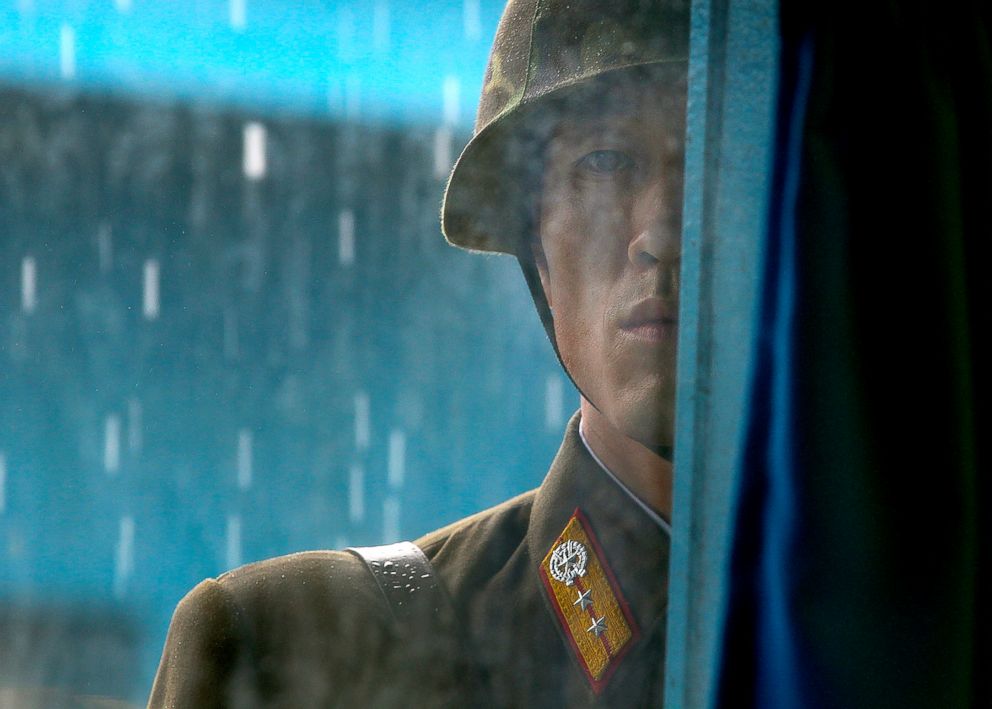
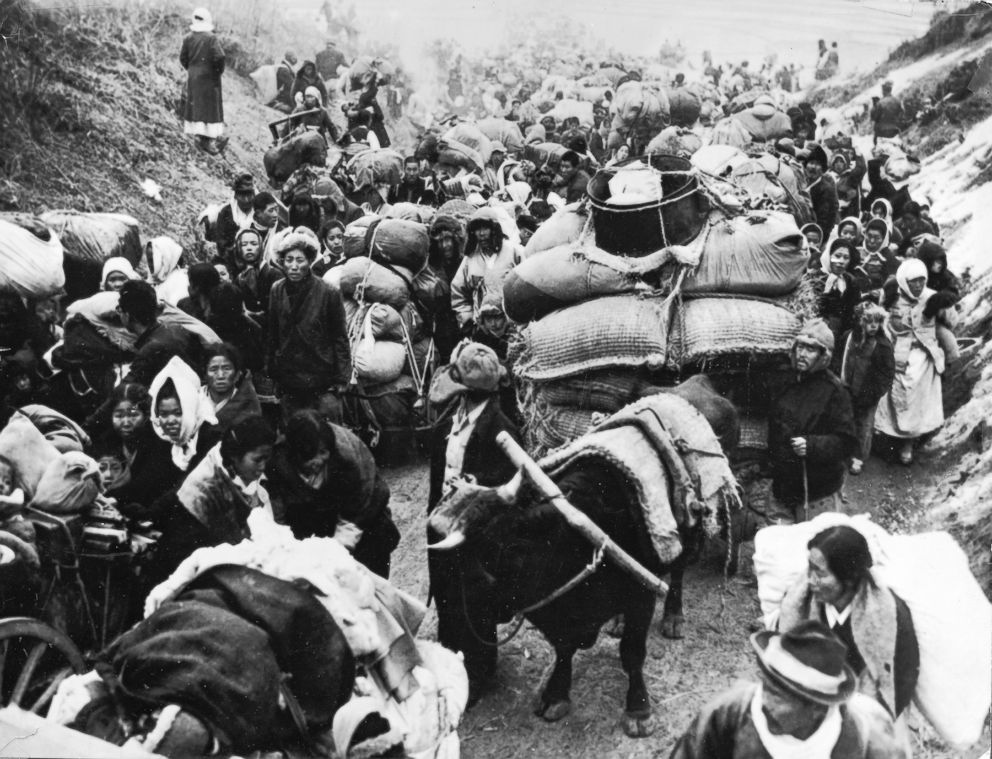
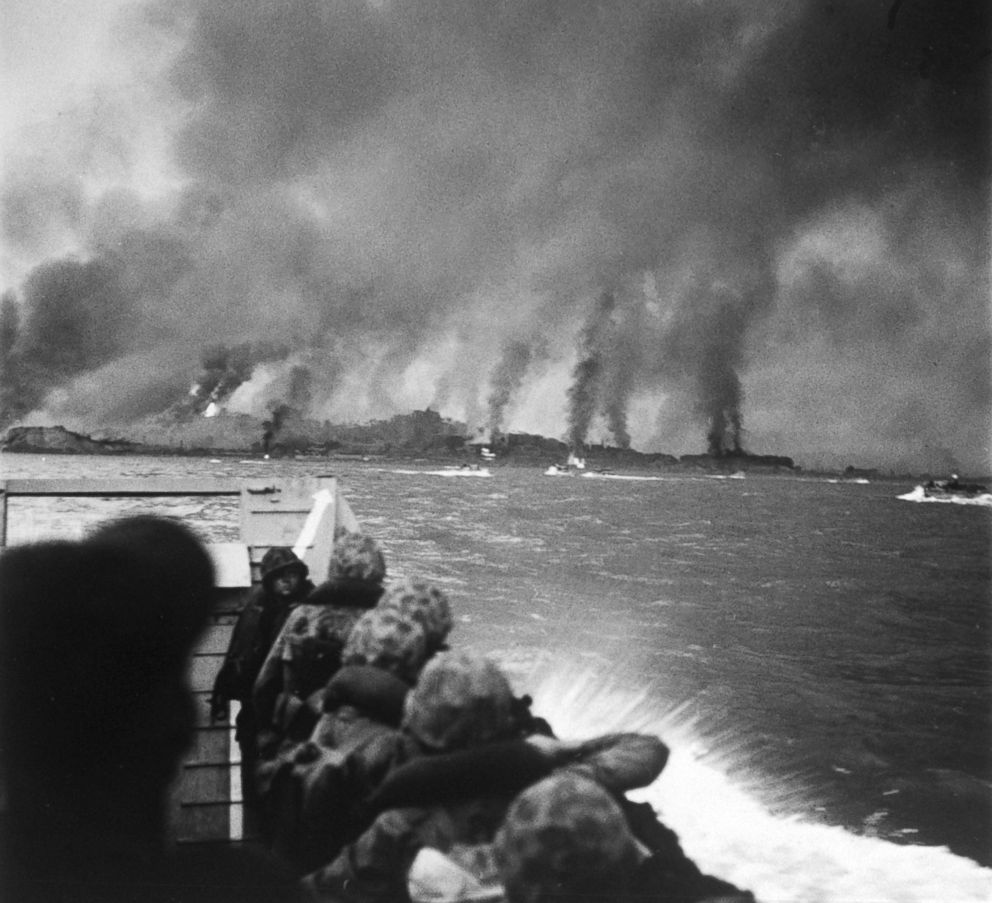
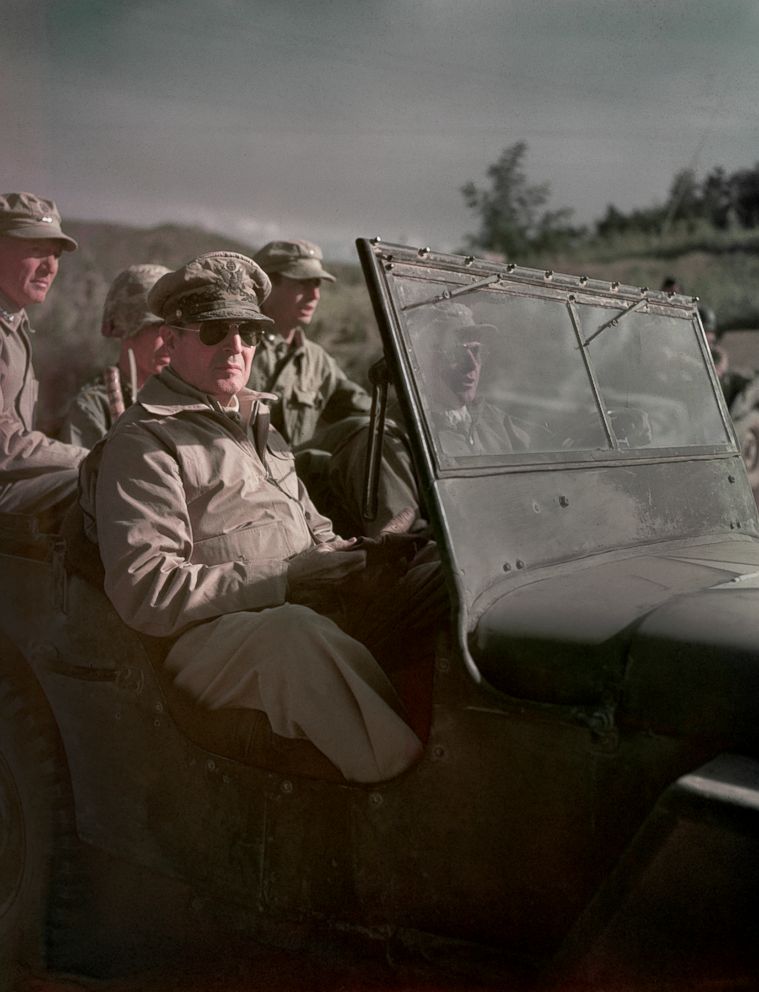
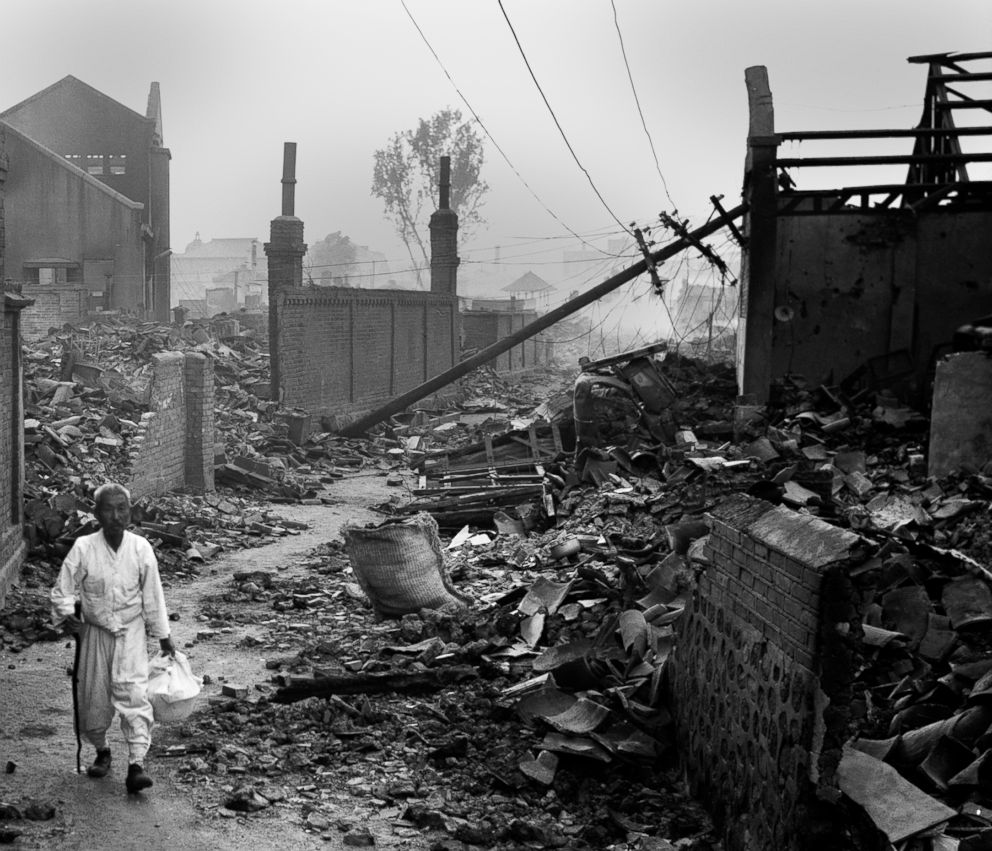
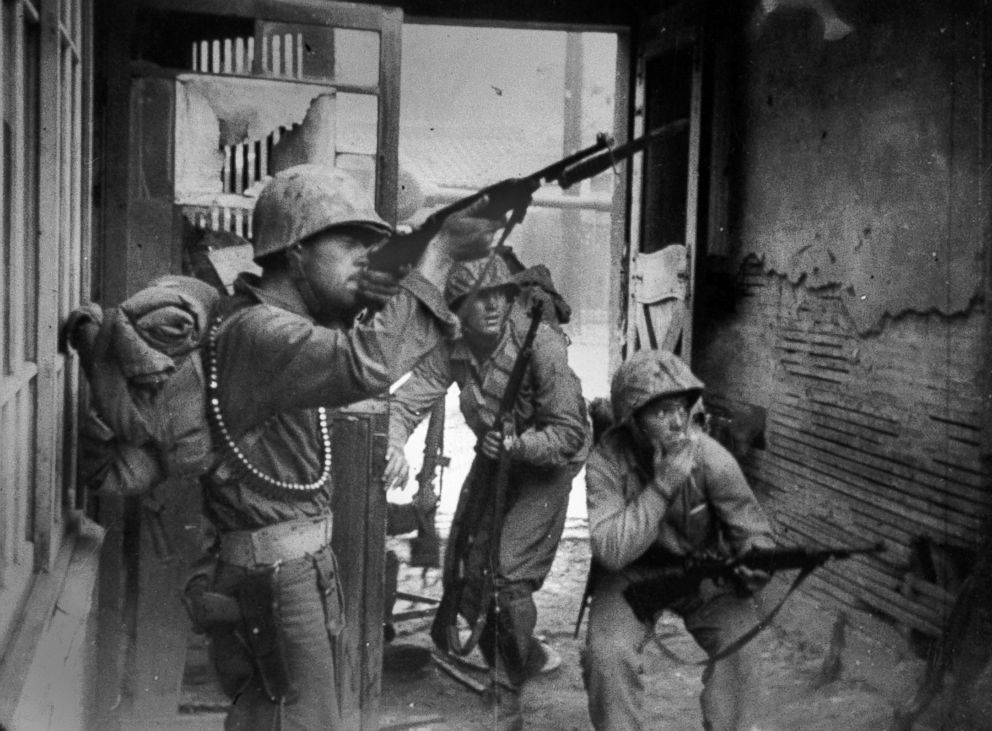
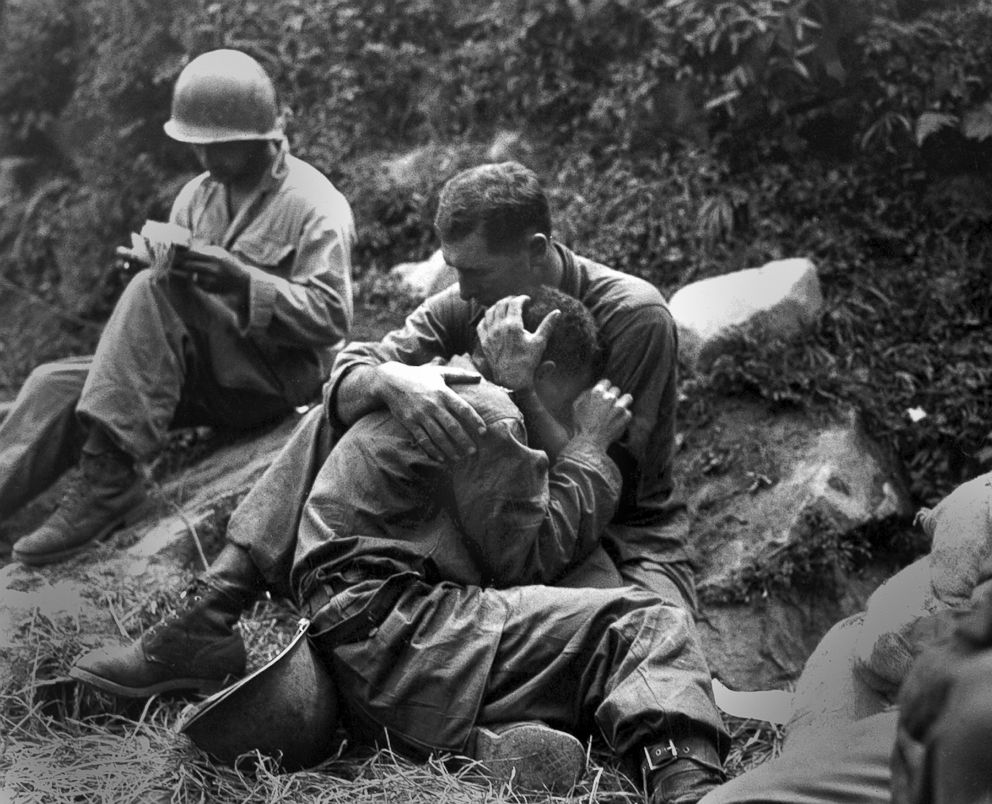
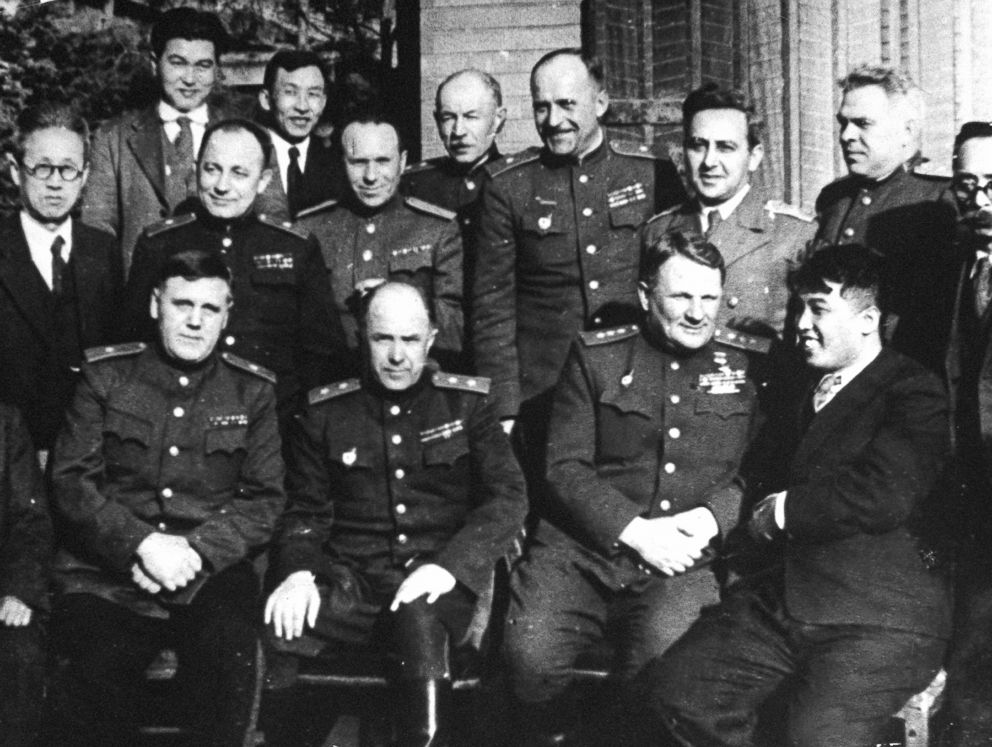
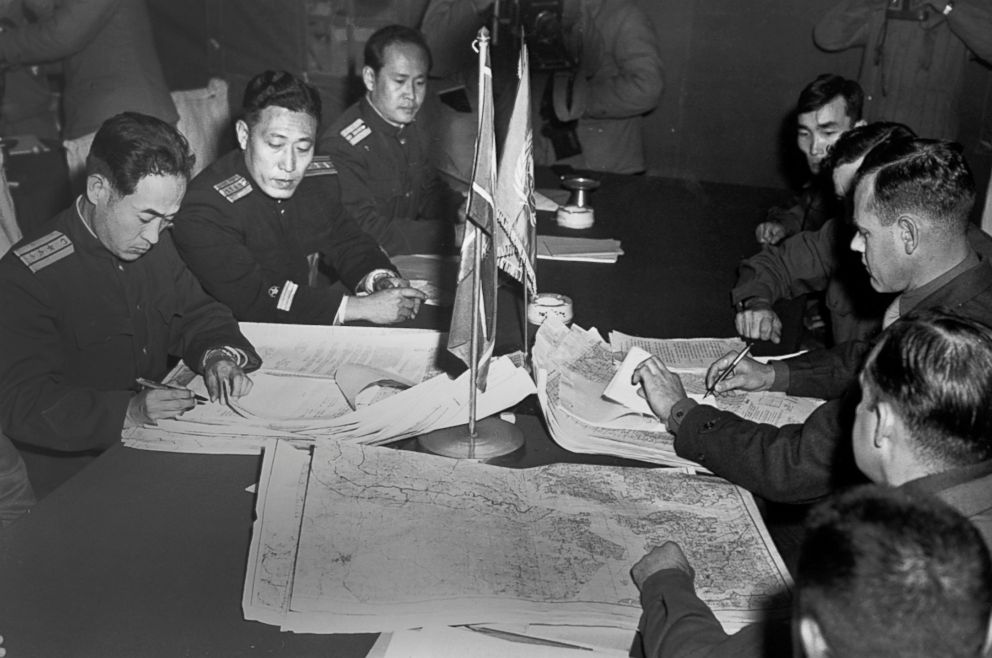
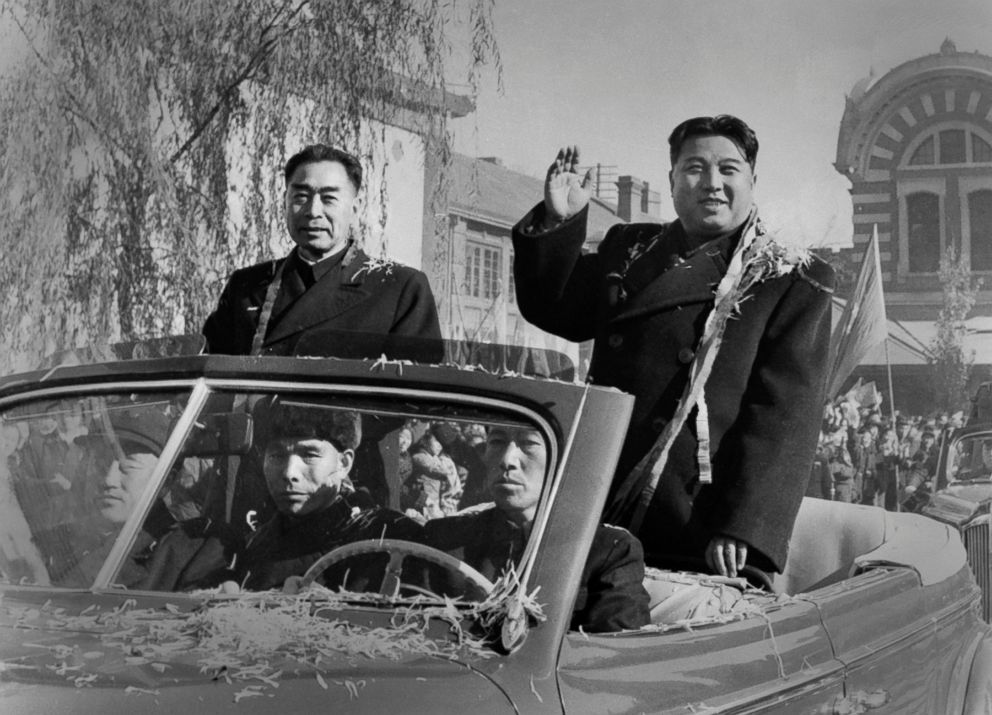
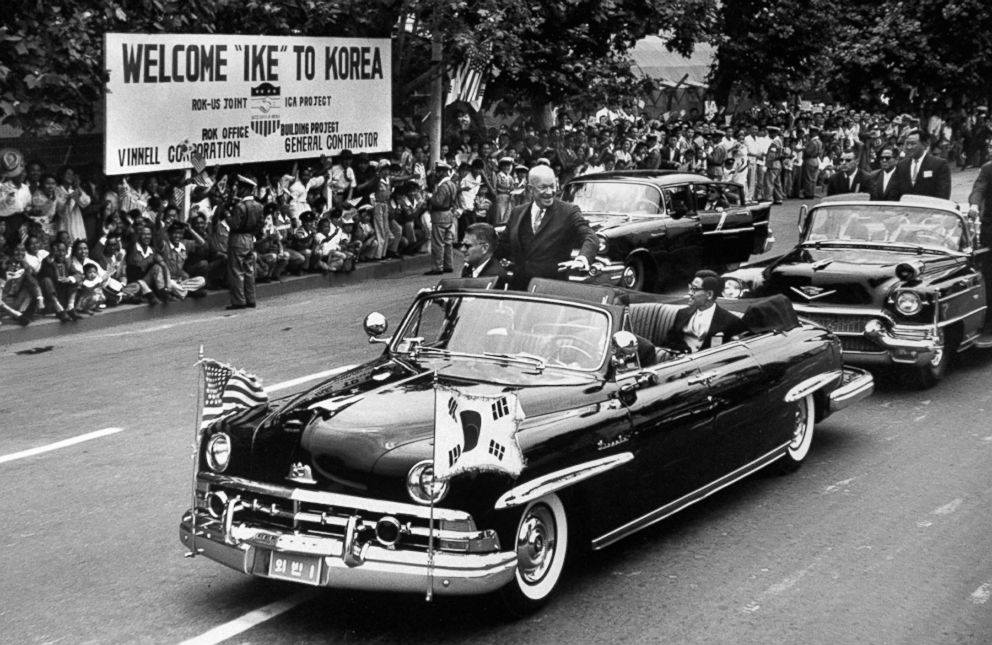
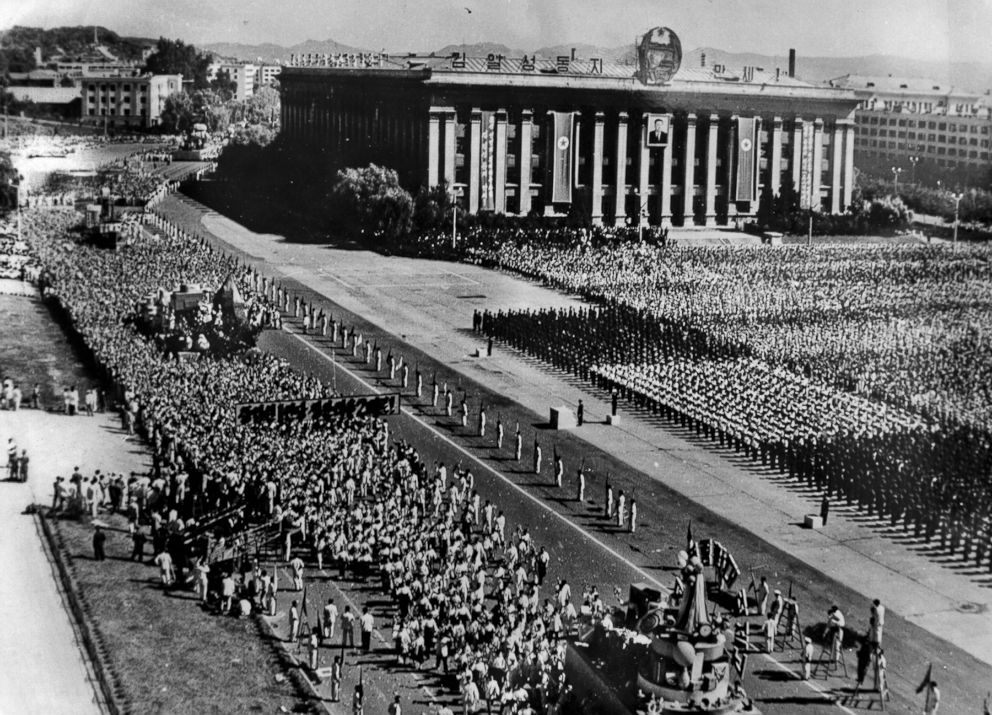
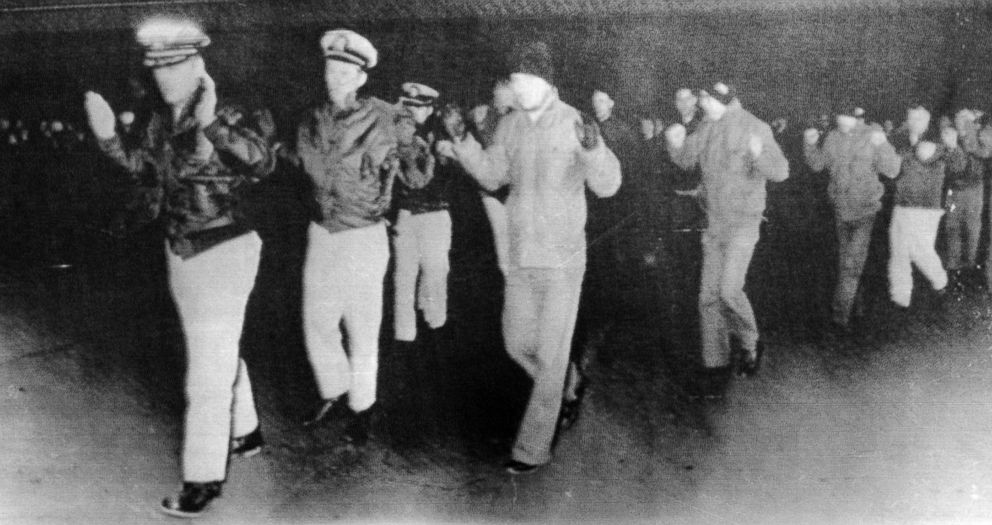
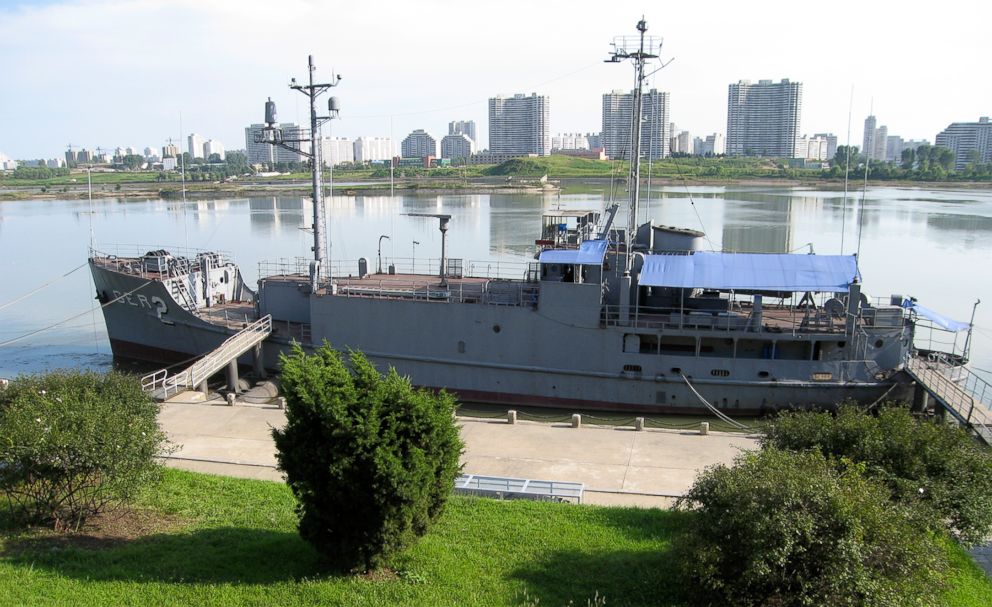
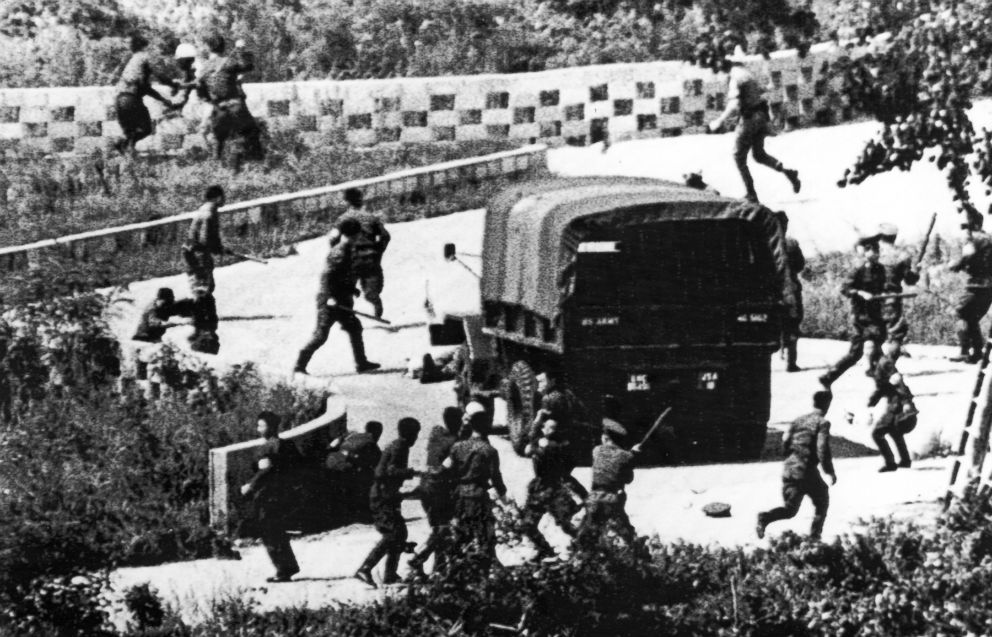
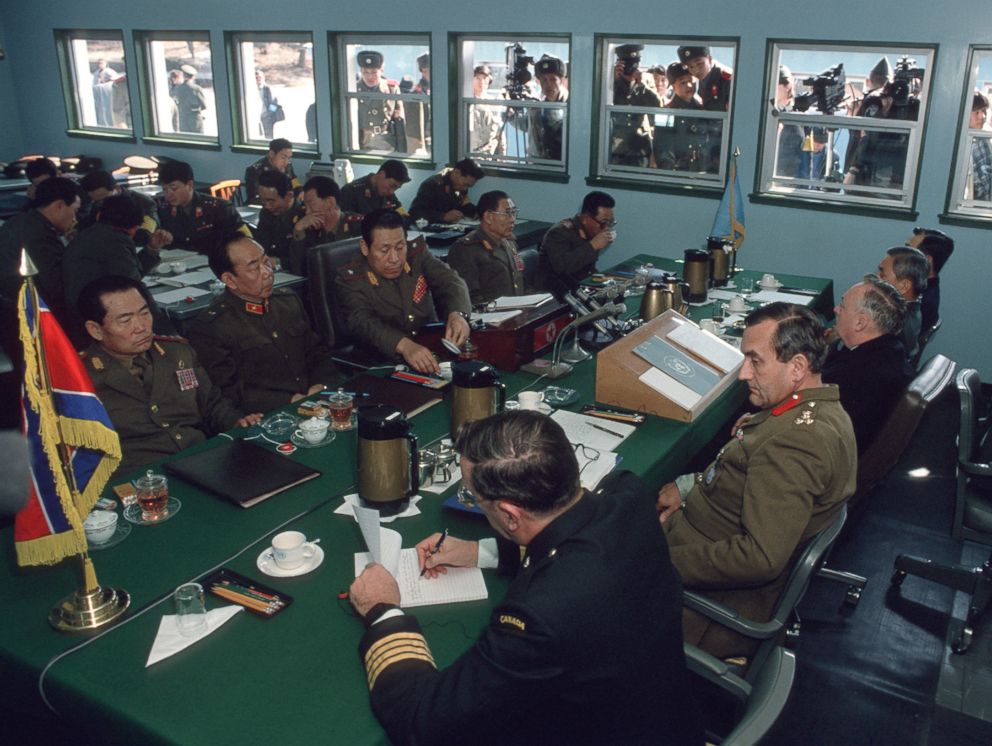
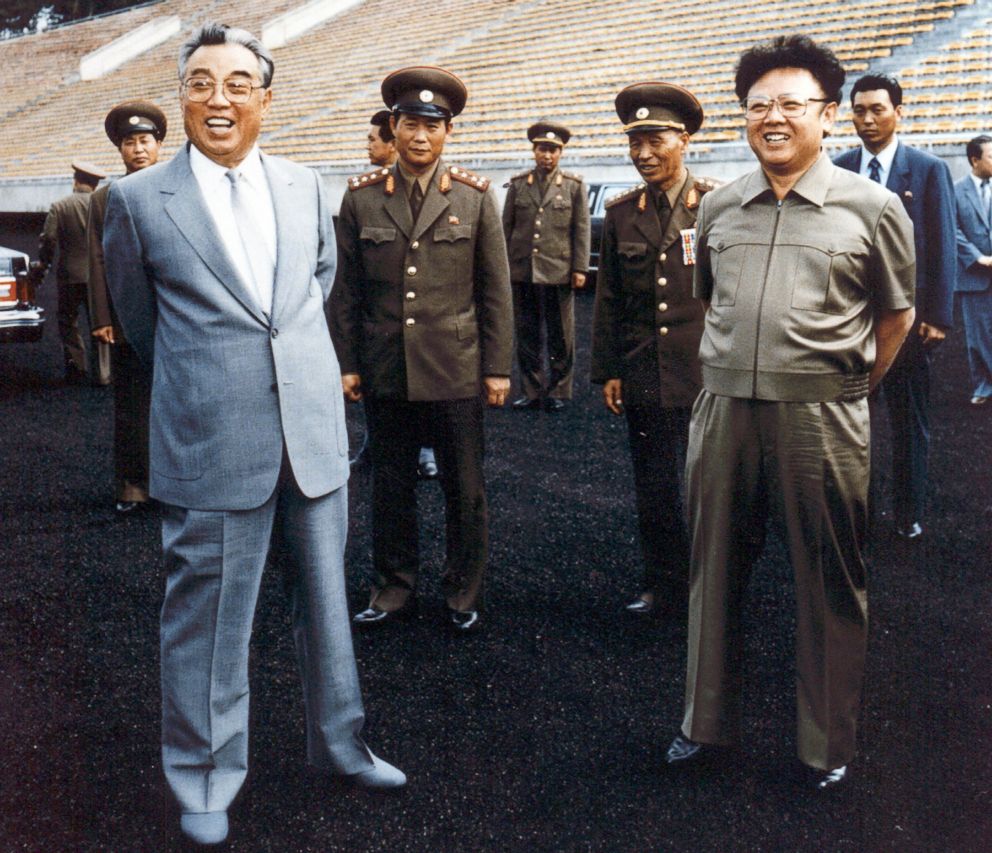
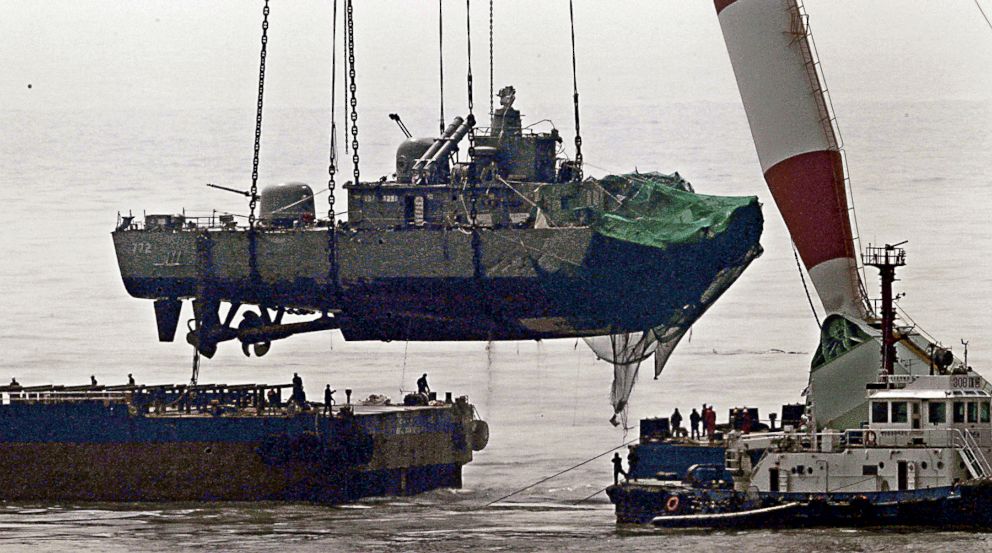
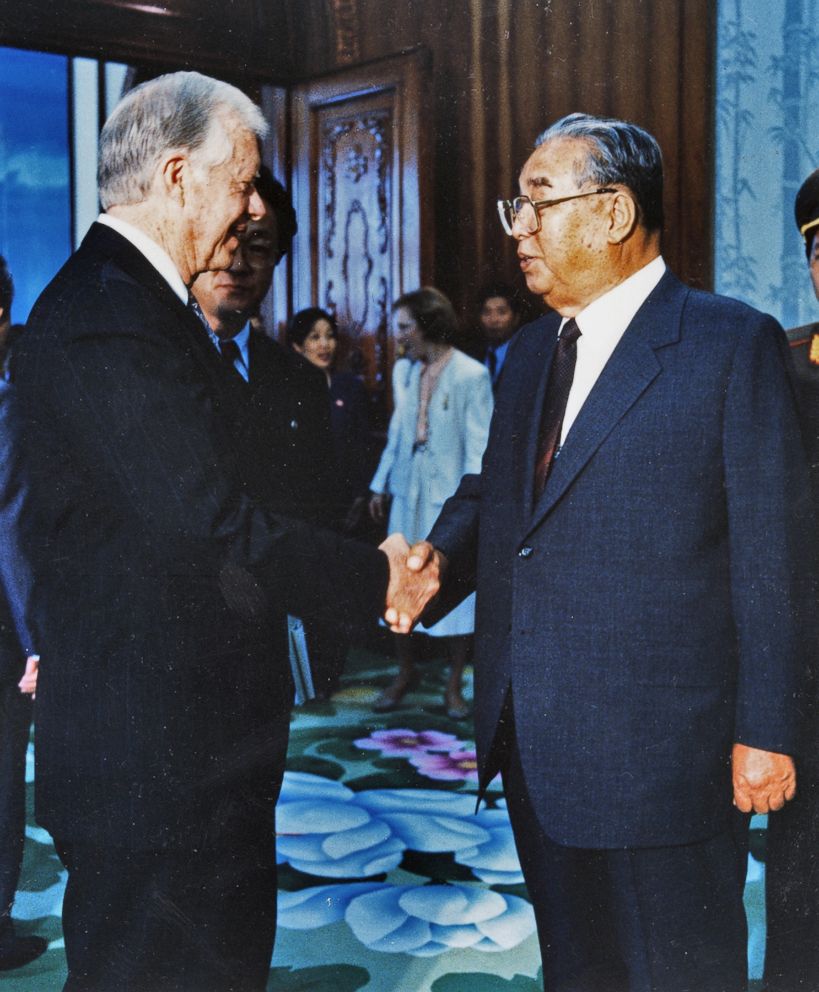
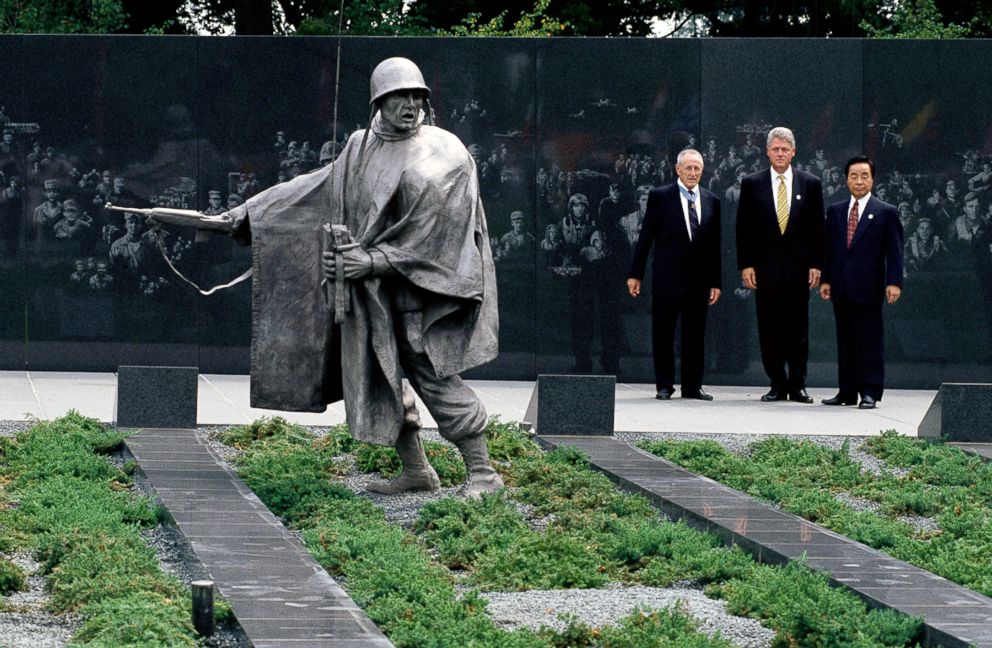
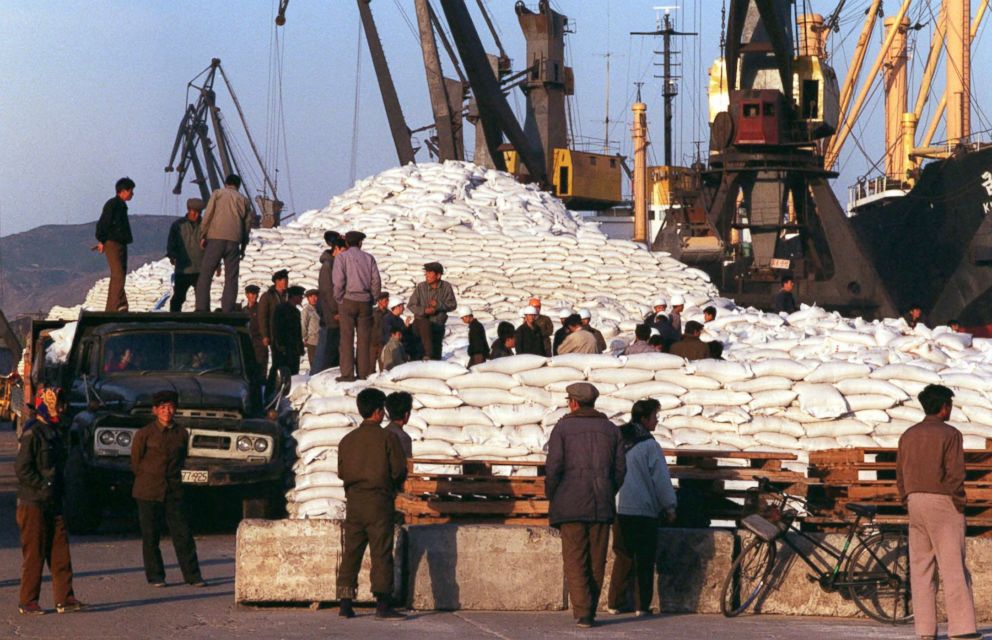

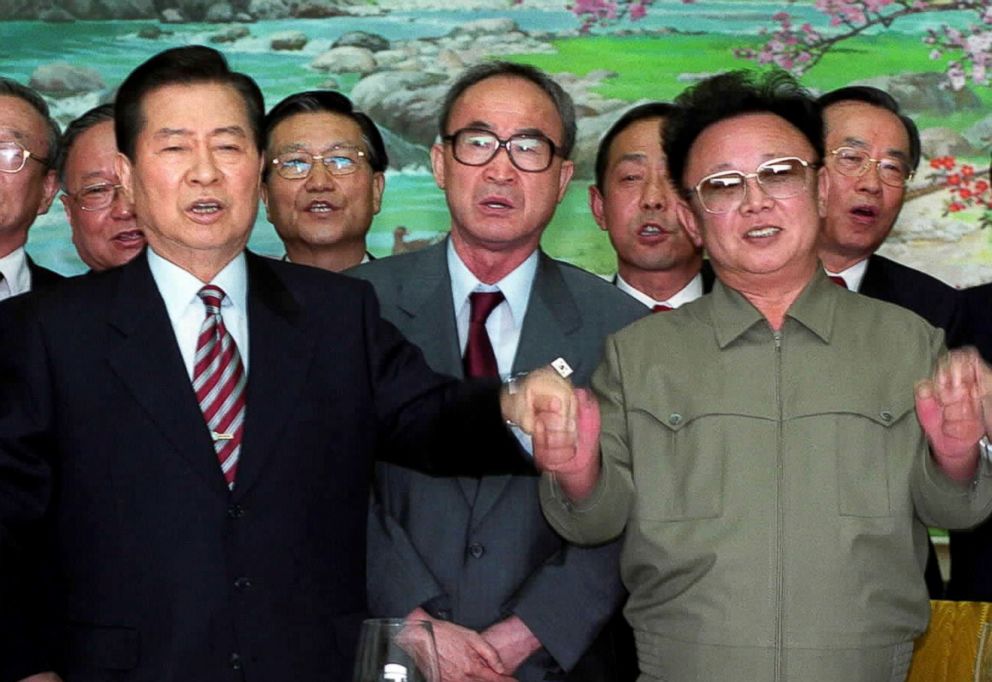

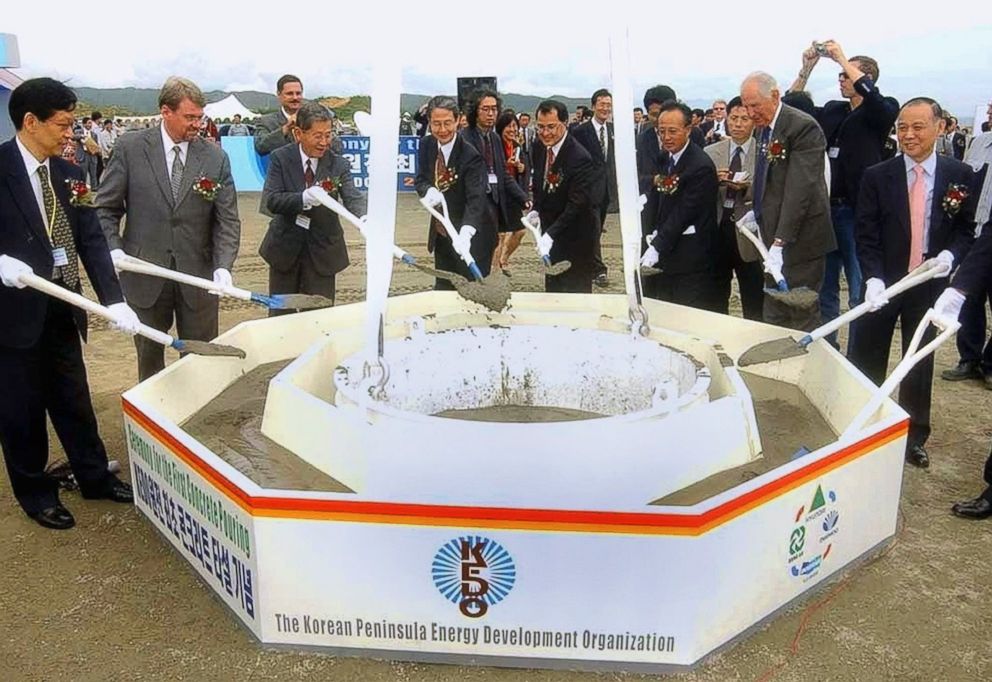

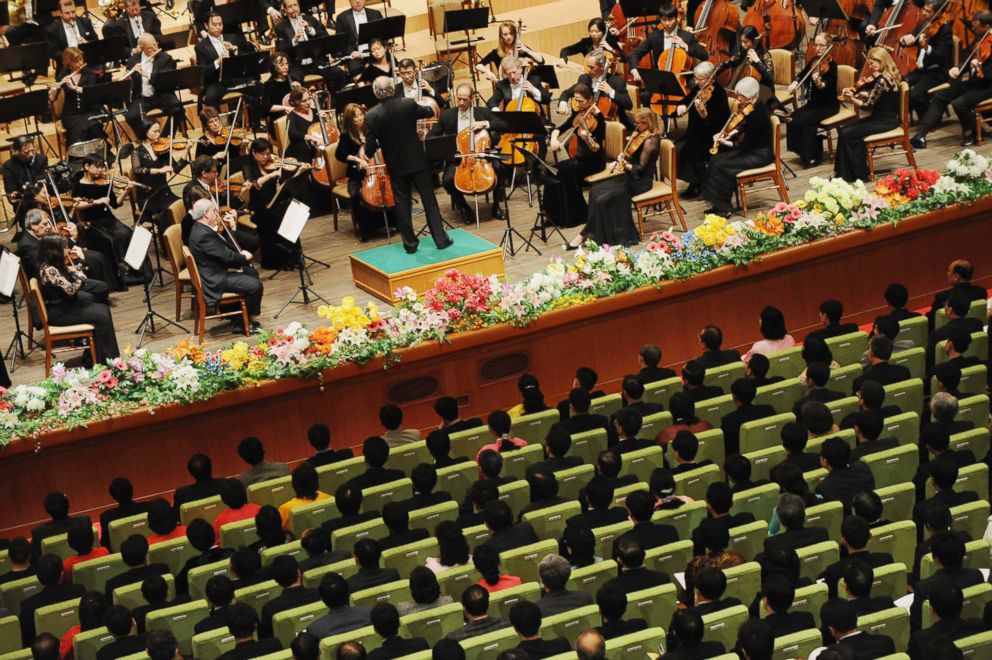
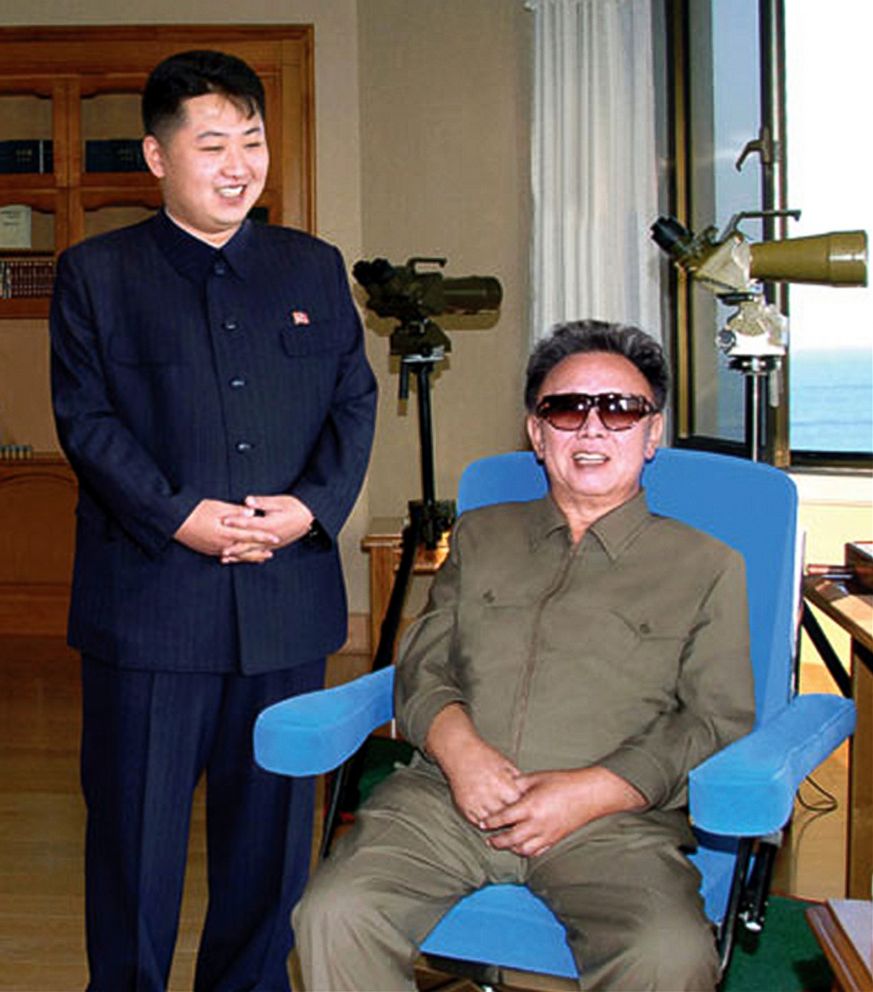
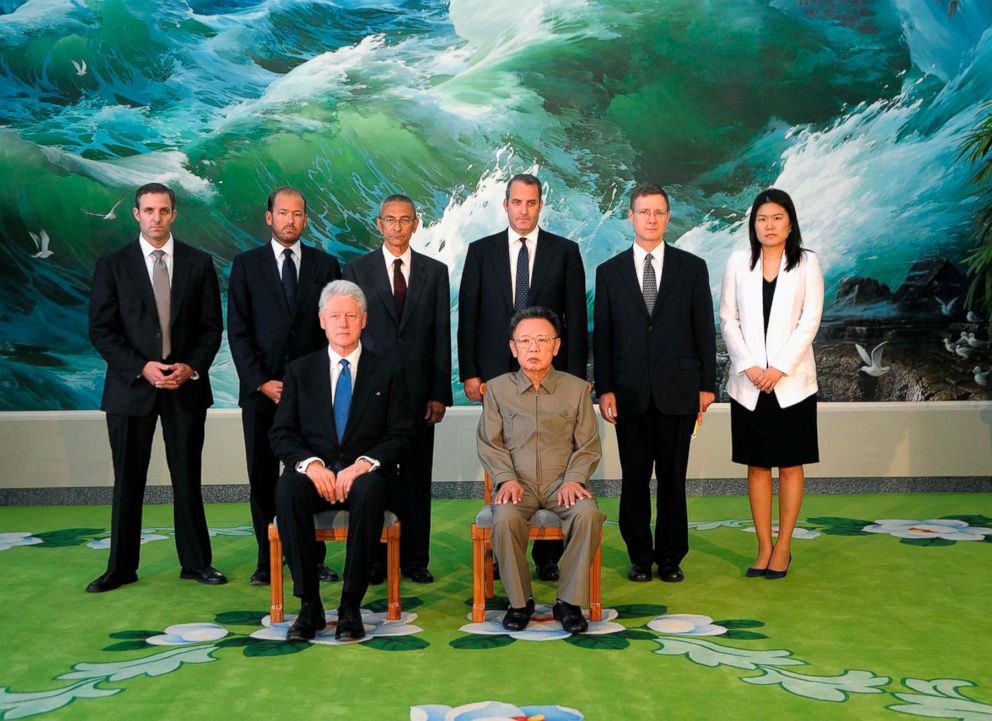
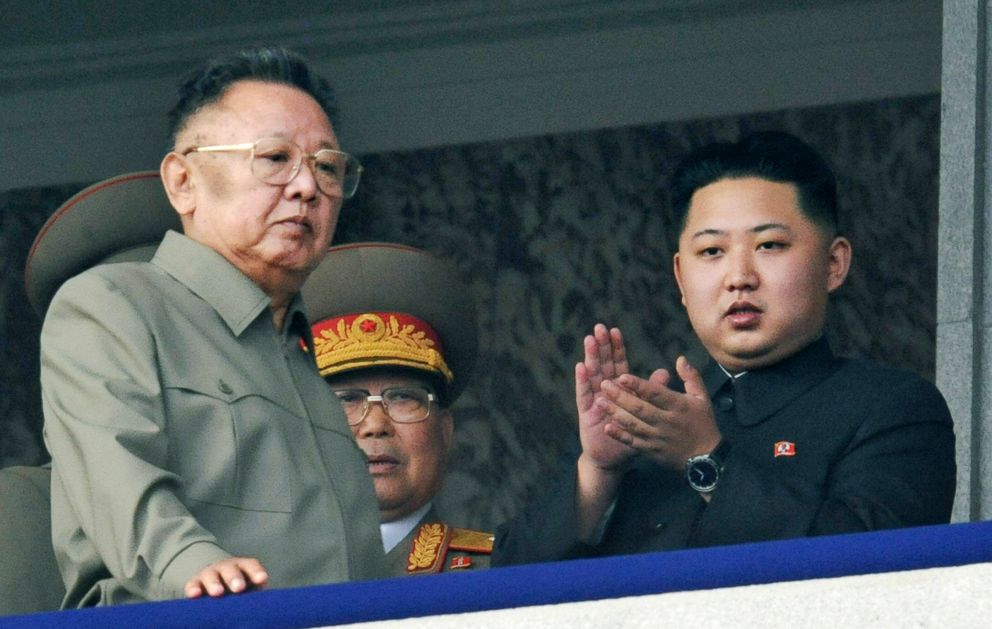
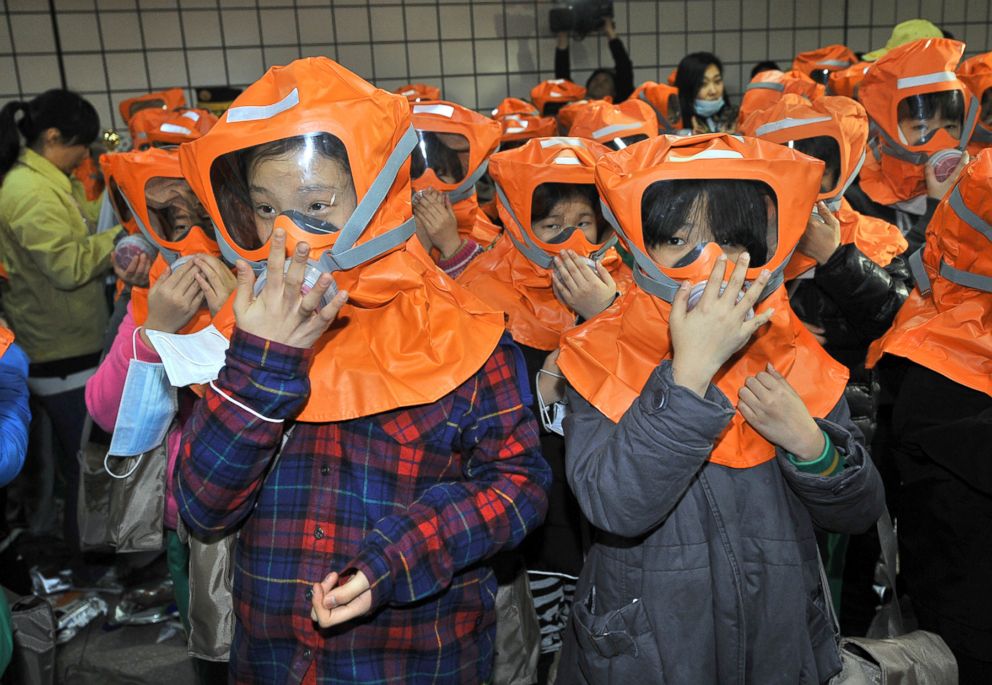
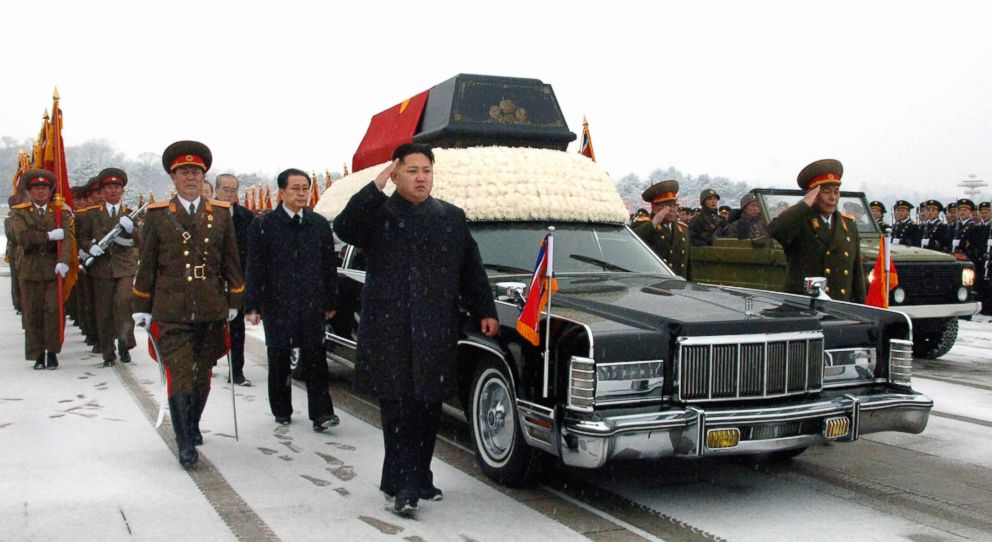
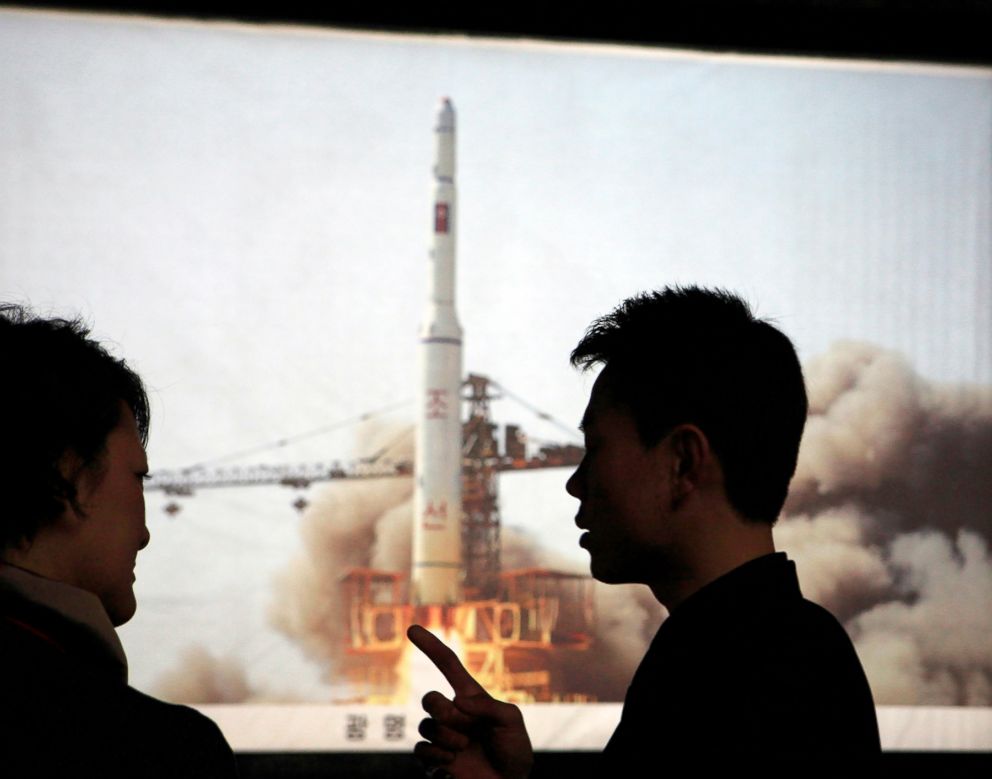
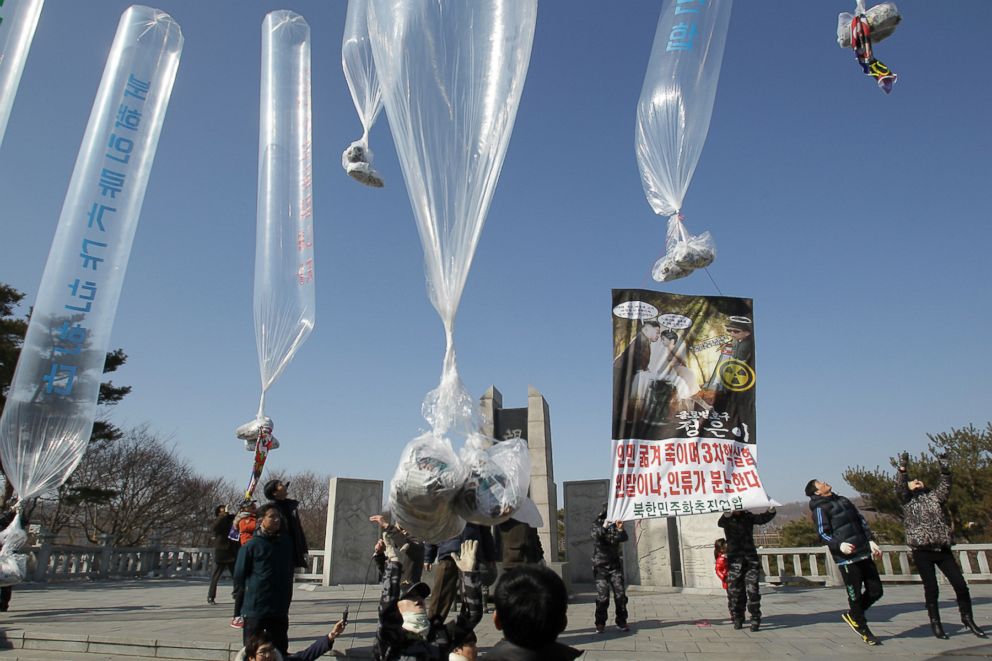
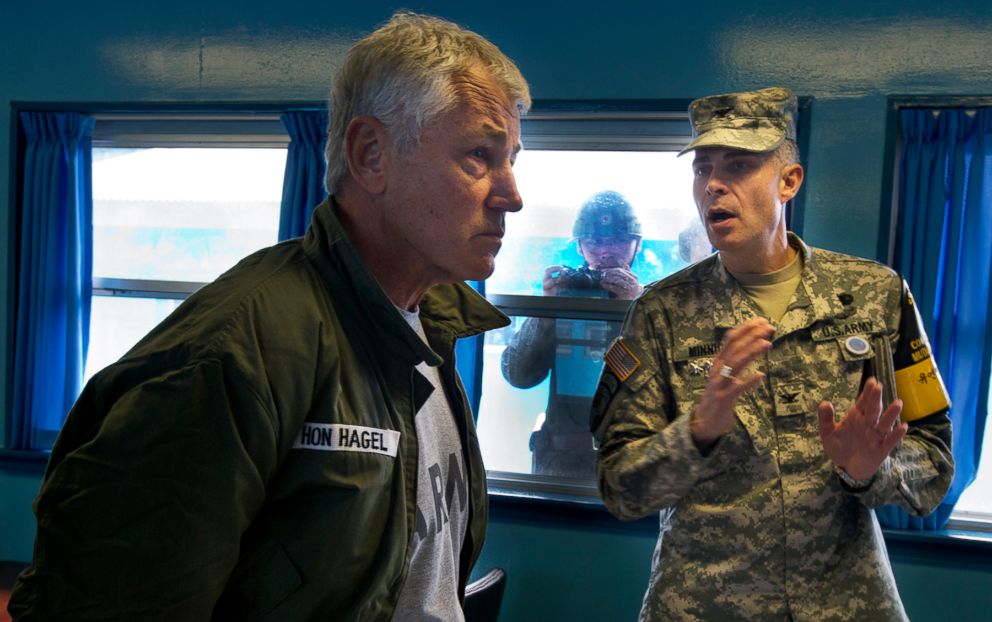
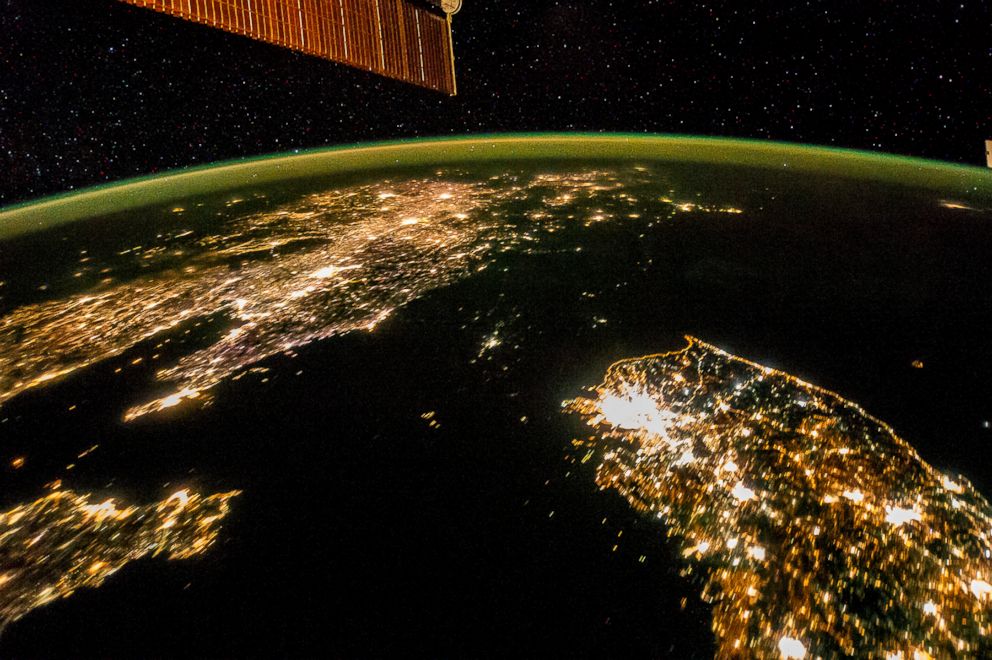
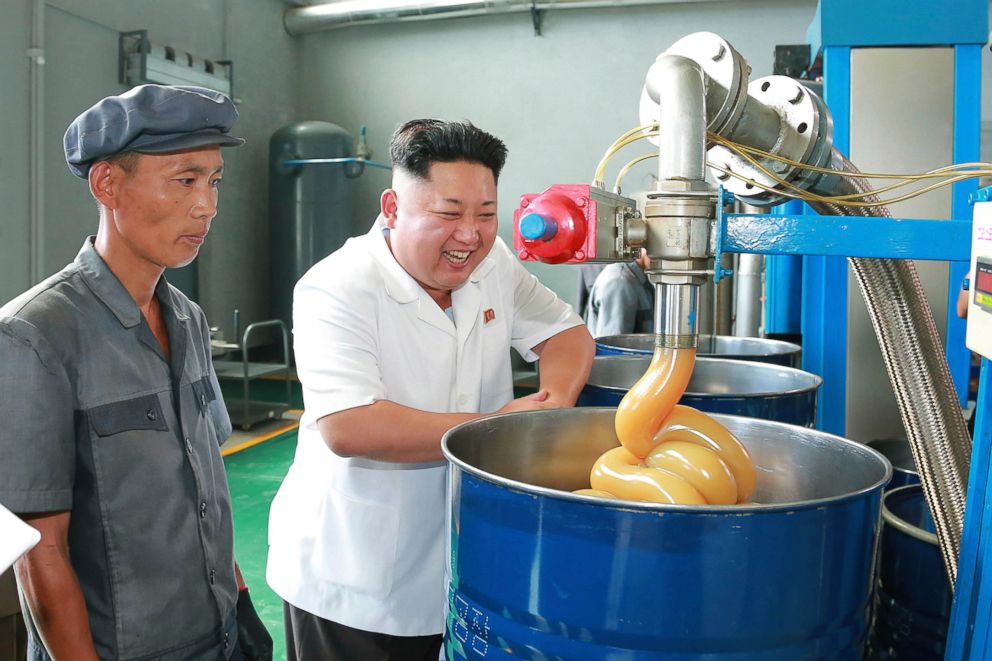
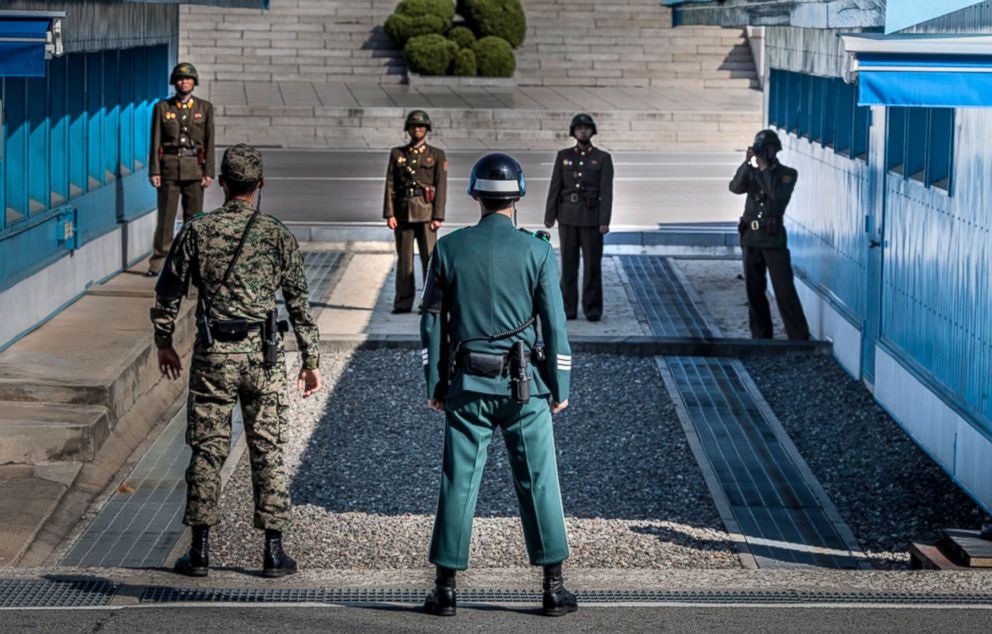
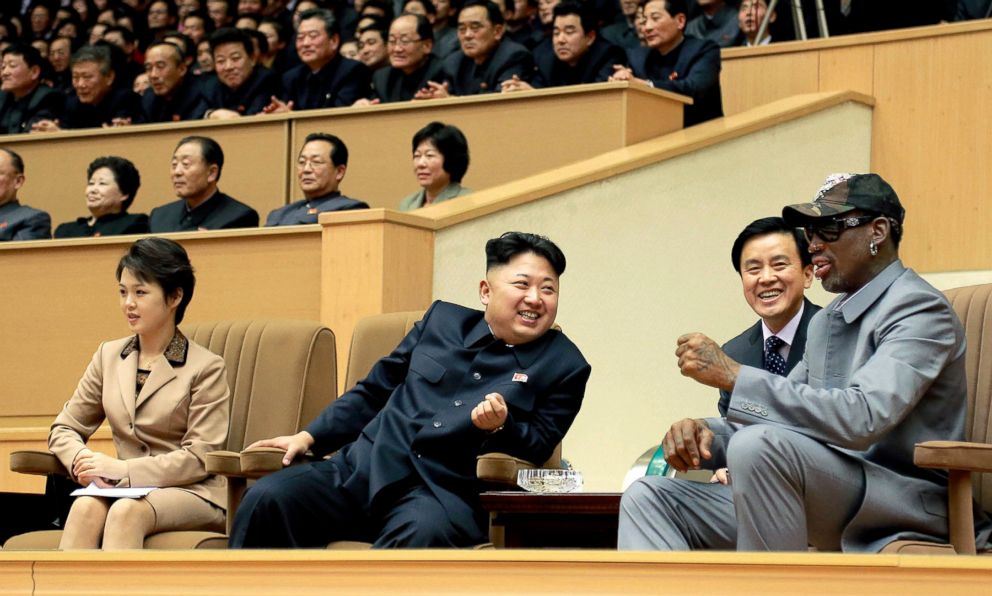
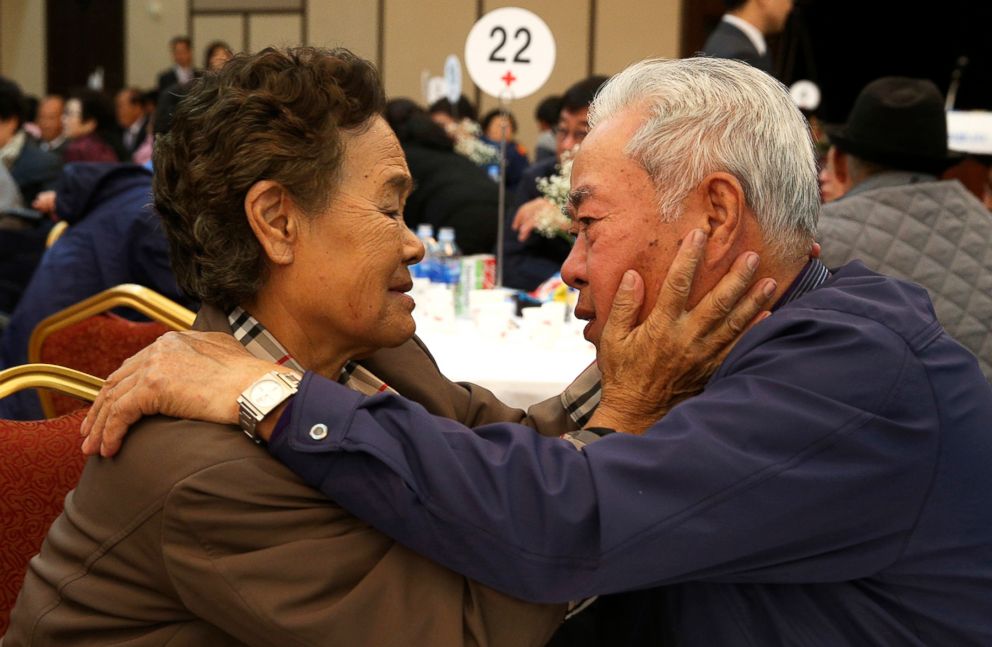
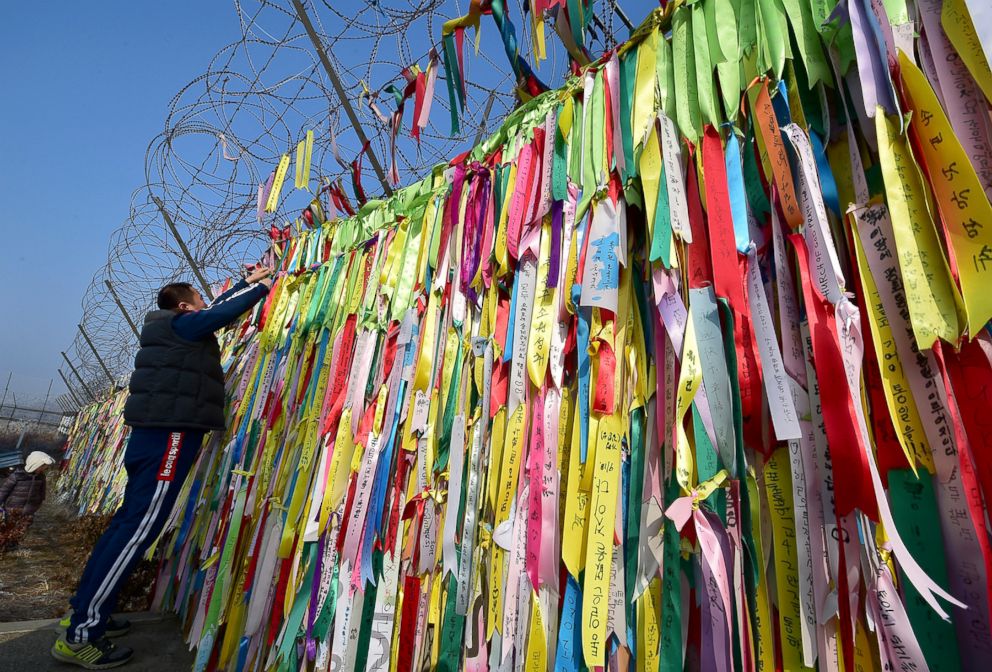
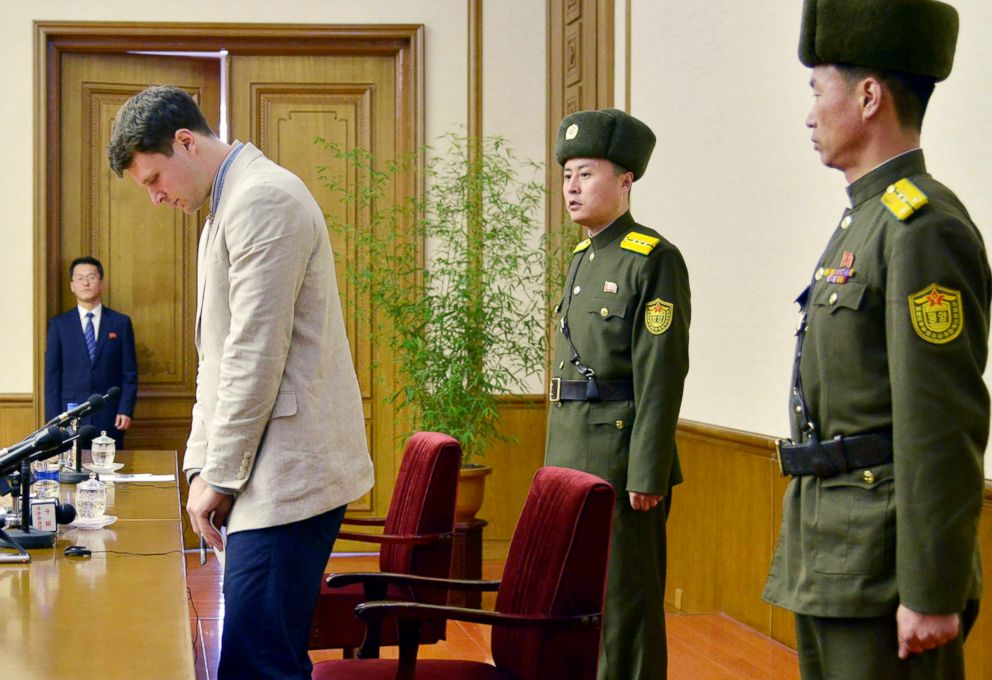
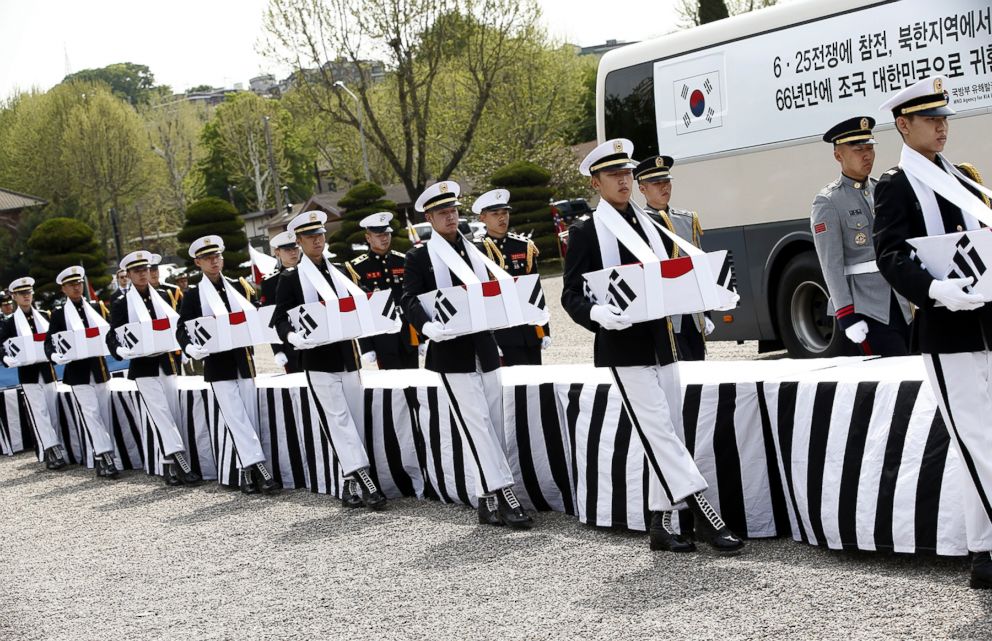
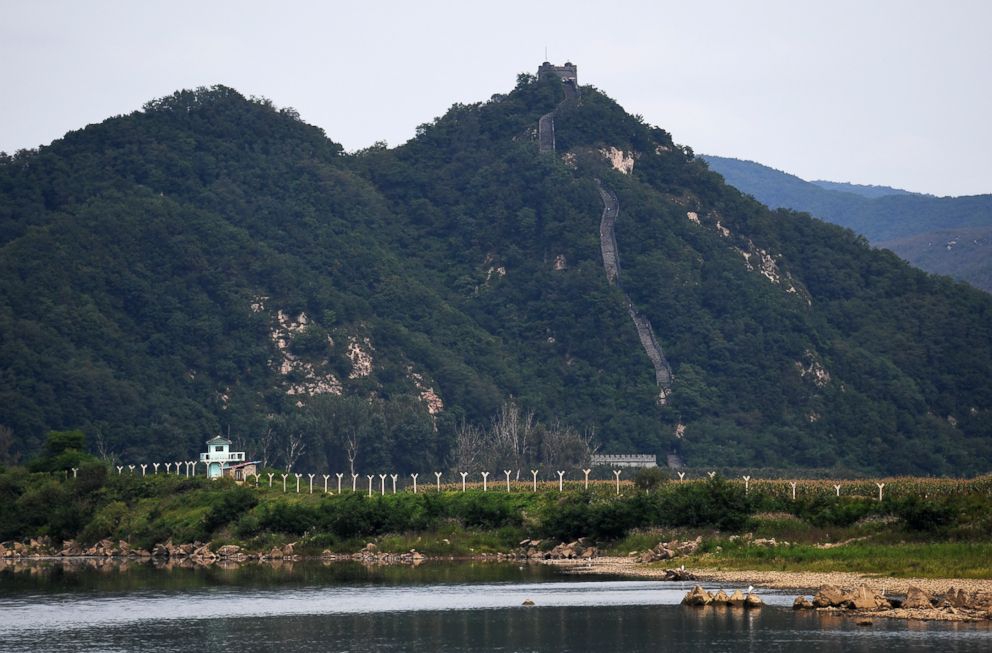
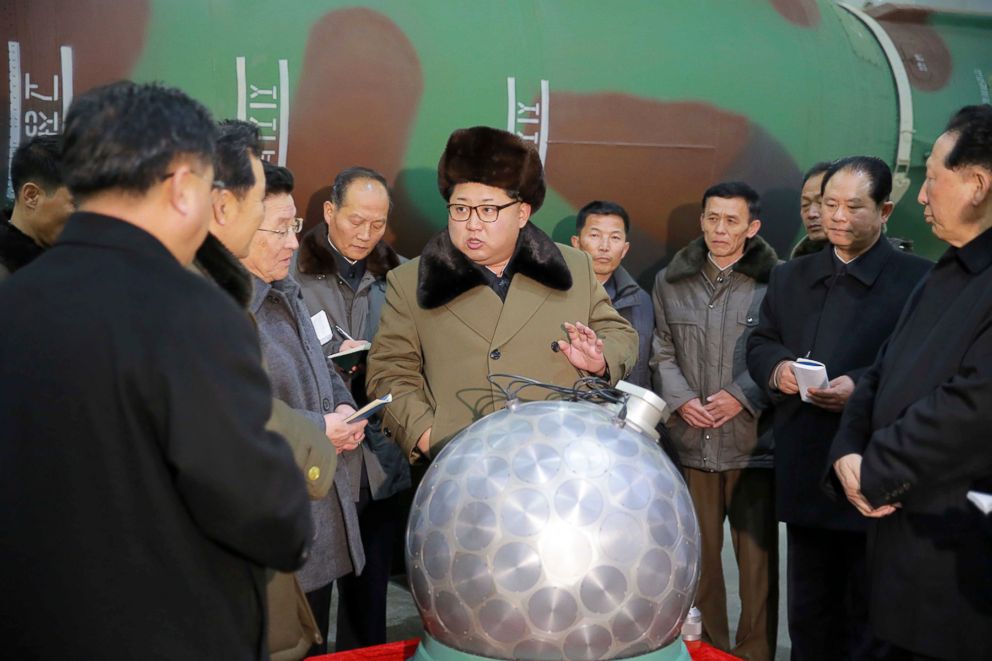
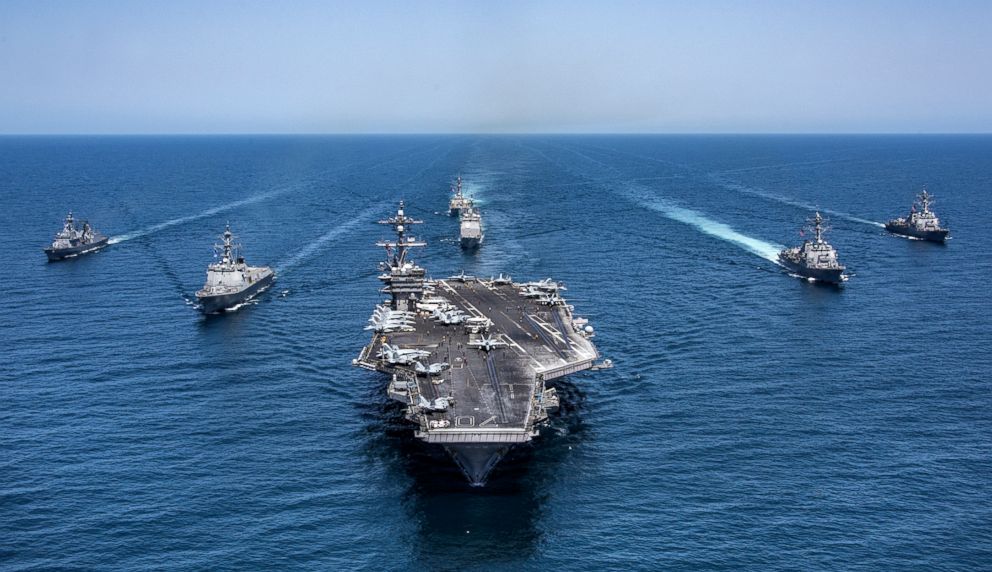
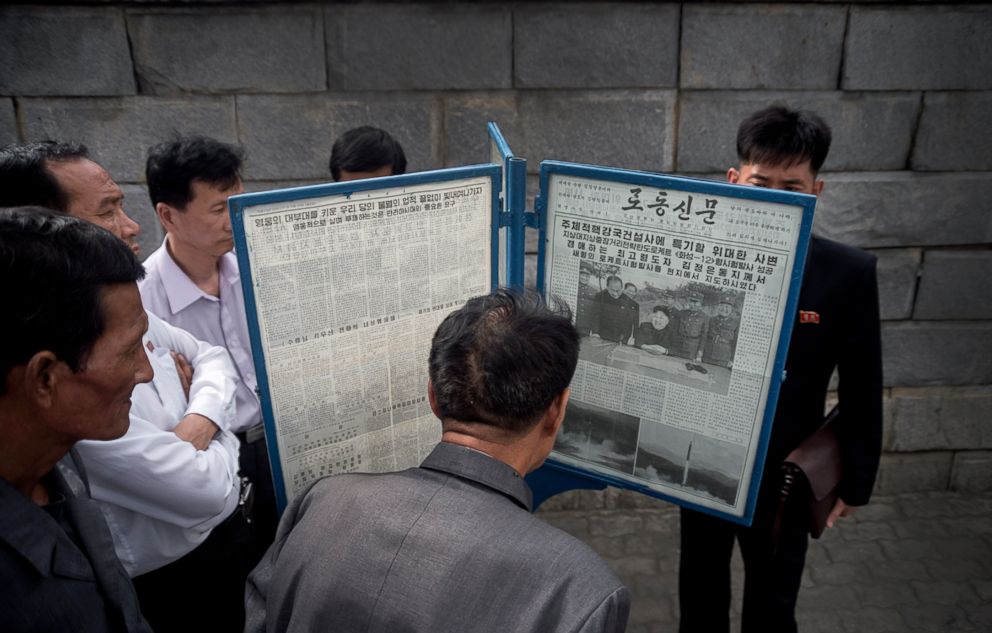
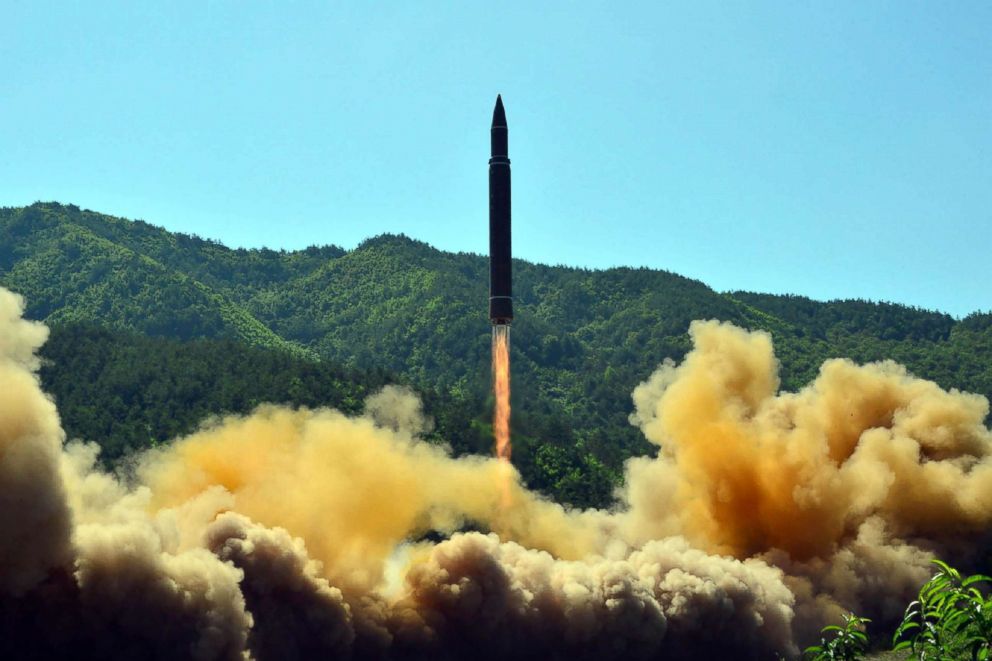
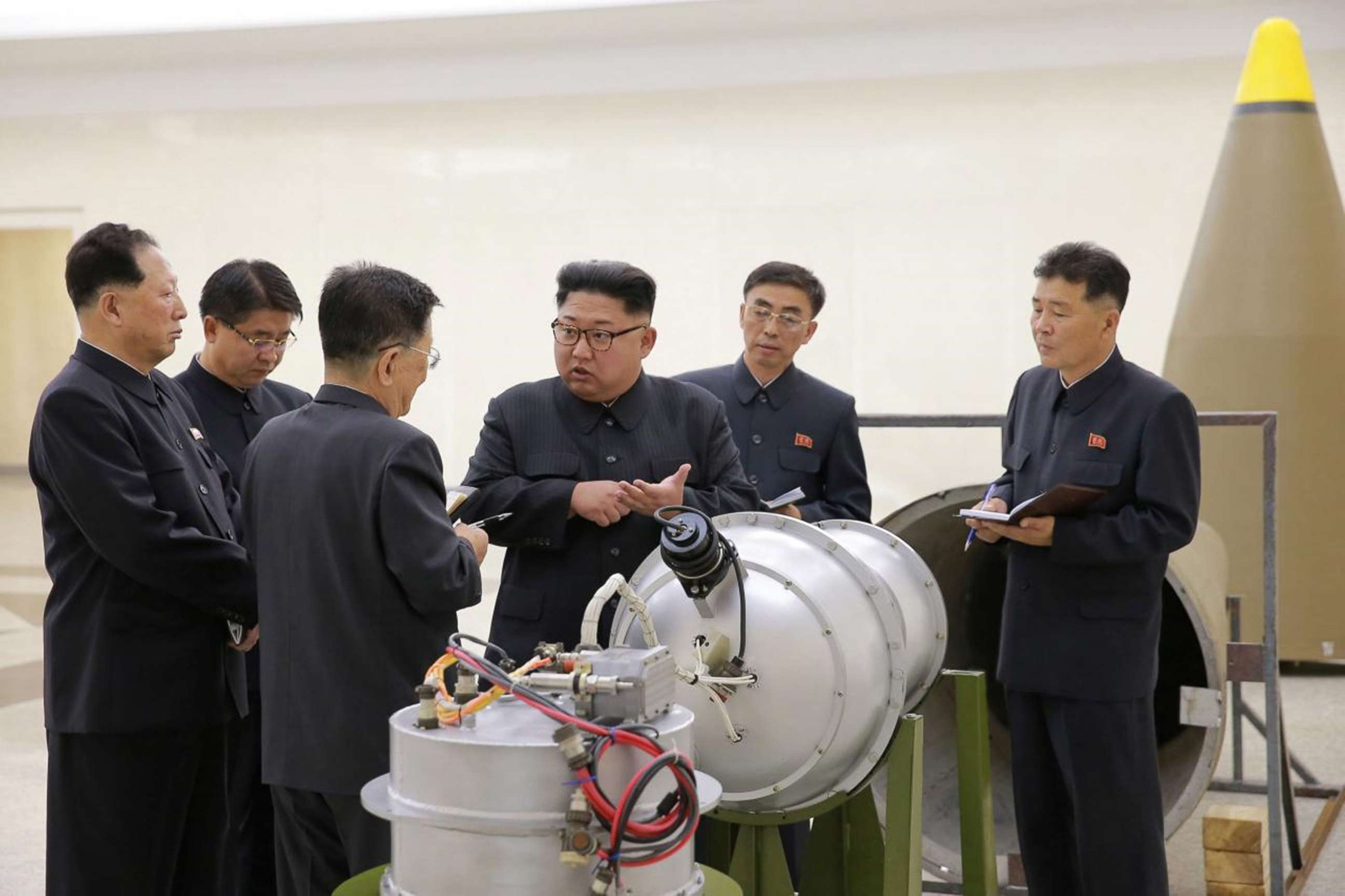
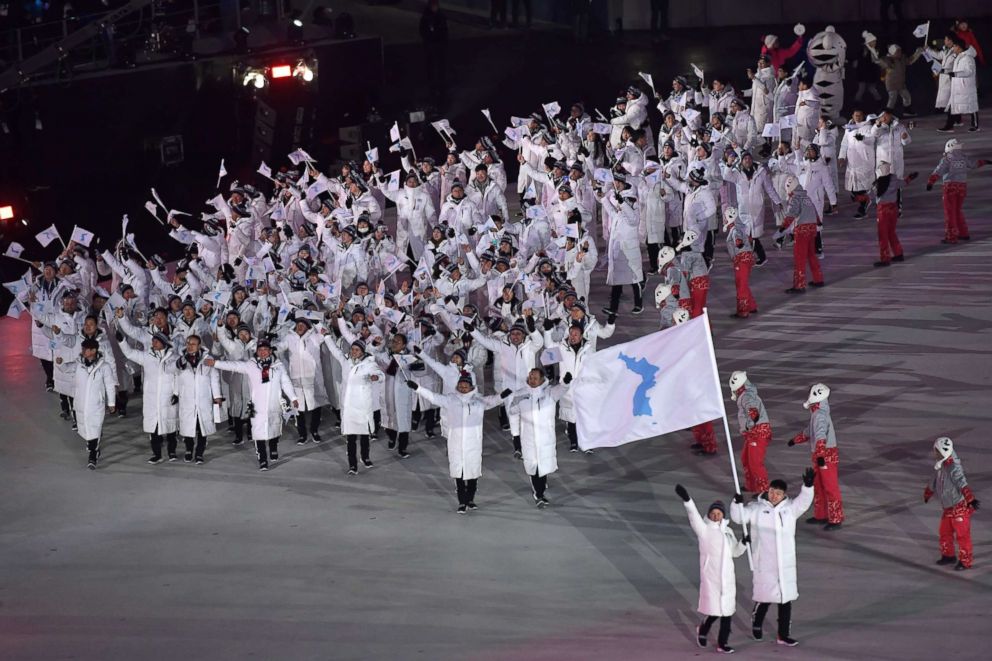
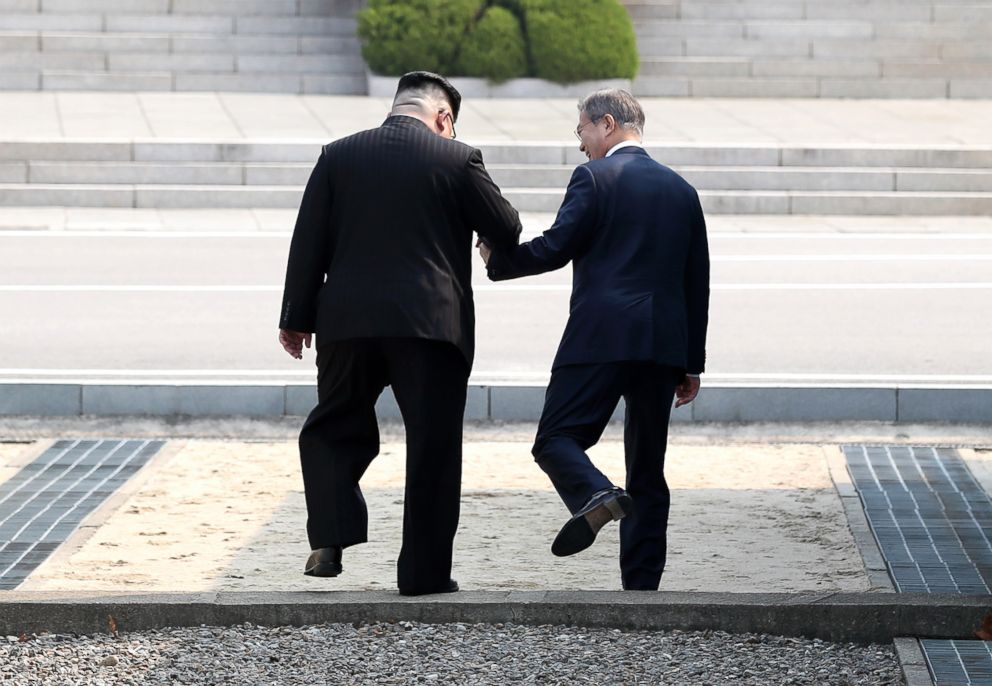
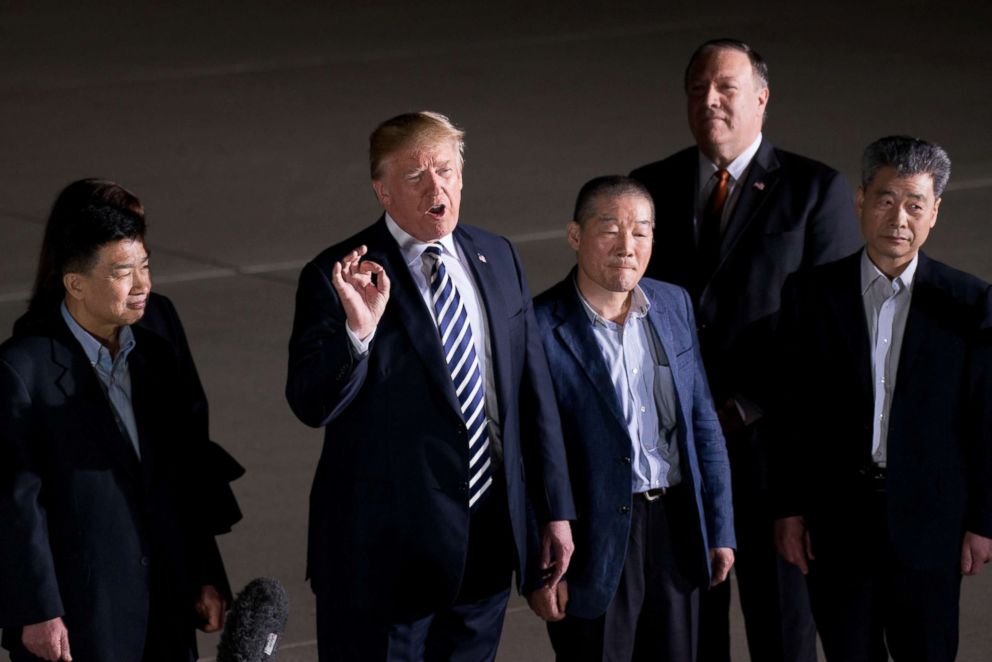
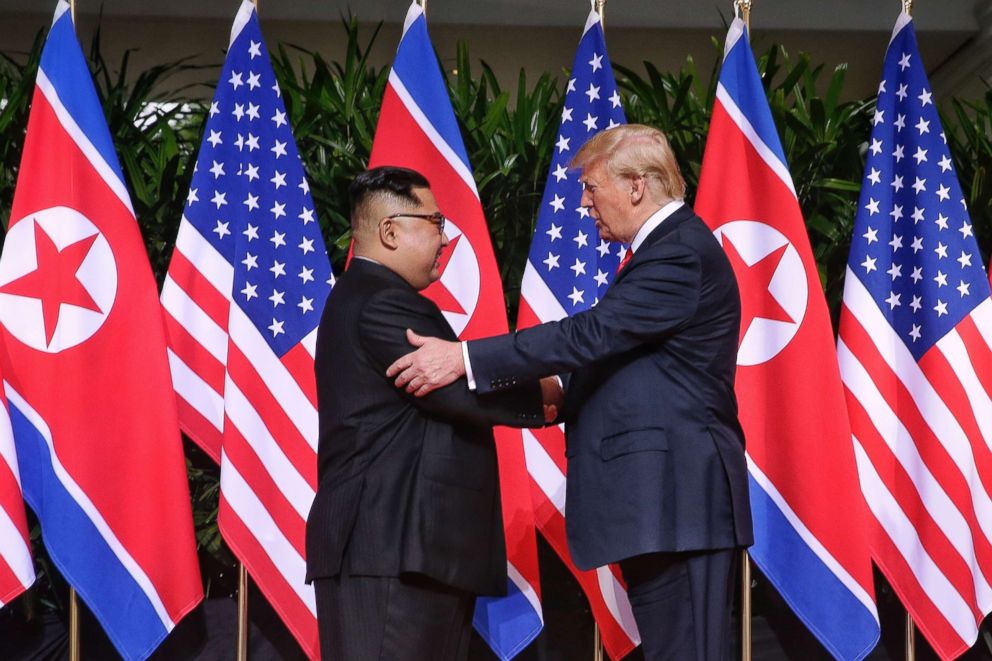
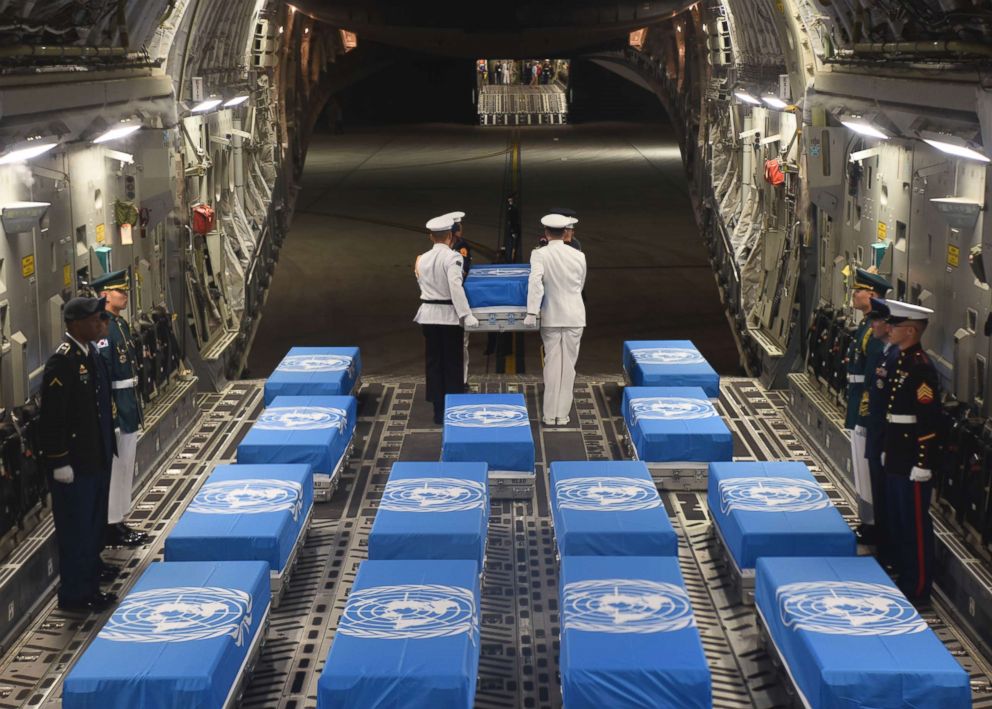
Kim "showed us that the rocket has the range” necessary to strike parts of the U.S. through recent missile tests, Ganyard said. And, a U.S. Defense Intelligence Agency report cited the broader U.S. intelligence community's analysis that North Korea has a miniaturized nuclear weapon that could fit on a rocket. Separately, Japan's defense ministry came to a similar conclusion.
But it remains unknown if the North Koreans have the re-entry or target technology necessary for such an attack.
“At this stage, even with the [Defense Intelligence Agency] report out there, I would still say that they have an unproven capability to deliver because there has not been a judgment yet about their ability to master re-entry to the earth’s atmosphere, so that applies for now to the continental United States,” Snyder said.
“But that may not apply in months,” he added.
Despite the reasons why North Korea may be unlikely to mount a nuclear strike, the country's threatening rhetoric has not died down.
Several U.S. cities or territories are within a range which experts believe North Korea's missiles could potentially reach.
What happens if Guam is attacked?
Pyongyang's latest statement, read on state-run television today, said North Korea is "seriously examining the plan for an enveloping strike at Guam through simultaneous fire of four ... ballistic rockets" in the water about 18 to 24 miles off the coast of the U.S. territory.
Ganyard said that any such action would be viewed as an “act of war, even if [Kim] doesn’t hit it ... even if he shoots at it.”
“Shooting at Guam is no different than shooting at New York City,” he said.
Guam is home to several bases for U.S. armed forces, including the Navy, Air Force and Coast Guard.
Guam already has a defense system in place, -- the U.S. Army’s Terminal High Altitude Area Defense, or THAAD -- which shoots down ballistic missiles. For this reason, Ganyard said, an attack on Guam “sort of doesn’t make sense.”
Snyder said North Korea’s current, announced threats and its earlier suggestions of possibly targeting Guam is unusual and a departure from the nation's penchant for secrecy.
“It’s odd given that they have threatened nuclear strike on the U.S. mainland before. Why are they ratcheting it down?” Snyder said.
What happens if Anchorage, Alaska, is attacked?
Ganyard said that if Anchorage or any part of the mainland United States were attacked, the response would be swift and destructive.
The U.S. response would involve intercontinental ballistic missiles with nuclear weapons "raining down on targets that have been predetermined since 1957.”
“U.S. policy since Eisenhower has been, ‘You come across the [demilitarized zone], or you attack the United States and you will immediately be obliterated by thermonuclear weapons,’” Ganyard said.
Another deterrent to an attack on Alaska is that it is protected by a ground-based interceptor system, which has just over a 50 percent success rate in intercepting incoming long-range missiles. There are 32 ground-based interceptors at Fort Greely, Alaska, and an additional four at Vandenberg Air Force Base in California.
“[The interceptor] would have a hard time protecting Hawaii, but it would protect Alaska and the mainland,” Ganyard said. One problem, however, is that it “could not handle a barrage of 10 incoming missiles. It could pick off a few but we're not there yet. It’s too developmental a system,” he said.
What happens if Seattle, Washington, is attacked?
“If you’re looking for the shortest and closest place in the mainland to hit [with an intercontinental ballistic missile], it would be Seattle,” Snyder said.
Besides its geographic proximity to North Korea, there is a military reason why Seattle could an attractive target.
Snyder said any troops from U.S. Joint Base Lewis-McChord in Washington state would be directed through Seattle if they “have a North Korea mission in mind.” So, a strike that cut off that route could make such American troop deployments difficult.
But, Snyder noted that the latest understanding of North Korean military capability is that the country may lack the re-entry technology necessary for an effective attack targeting specific parts of the U.S. mainland.
What if South Korea or Japan are attacked?
Both South Korea and Japan have been within range of North Korea's weapons for some time, so the threat to those countries is not new.
“They already have lived with the threats, whereas Americans are not living with the threats currently but may face it imminently,” Snyder said.
If South Korea were attacked, Ganyard said that “because [President Donald Trump is] bound by a treaty, we will defend them the same way we would defend the United States.”
How all of this could be avoided
The biggest inhibitor to any attack right now is that the North Korean military may still lack certain technological capabilities, which experts believe would, for the time being, keep the country from following through on some of its more specific and extreme threats.
“At present, still I’m not sure the capability is there,” Snyder said.
Rather than merely counting on a delay in Pyongnang's developing the needed technology, diplomatic routes are still available, Ganyard said.
He said it would be possible for the U.S. and other nations to “crack down on the sanctions on the illicit part of the economy,” of North Korea, which he said includes drug smuggling, money laundering, and components of their nuclear weapons program, all of which help fund the North Korean government. That strategy could exert enough economic pressure for Kim Jong Un's regime to reach a "certain pain point” that prompts him to make changes.
“He's learned the lesson of Saddam [Hussein] and Muammar [Gaddafi]," Ganyard said. "He's never going to give up his nukes, so I think at some point we go back to Cold War-style deterrence and containment the way we did with the Soviet Union successfully.”




